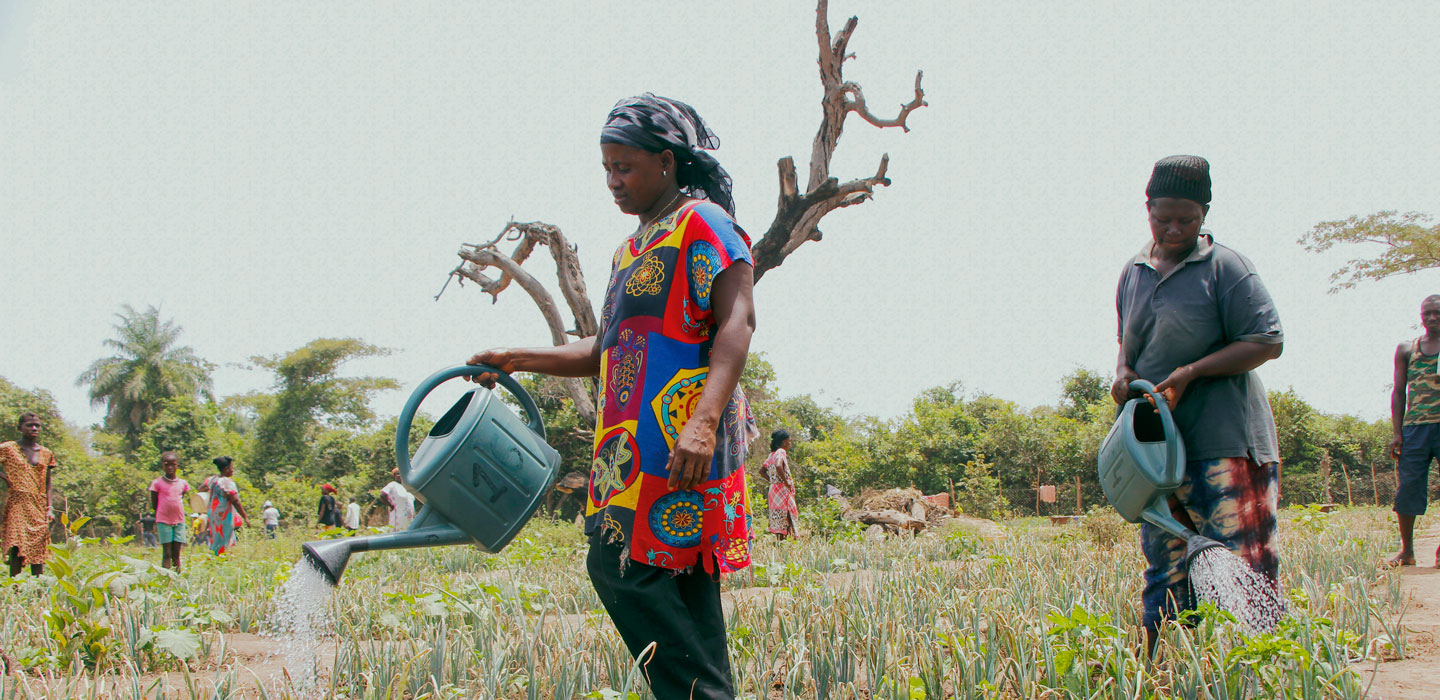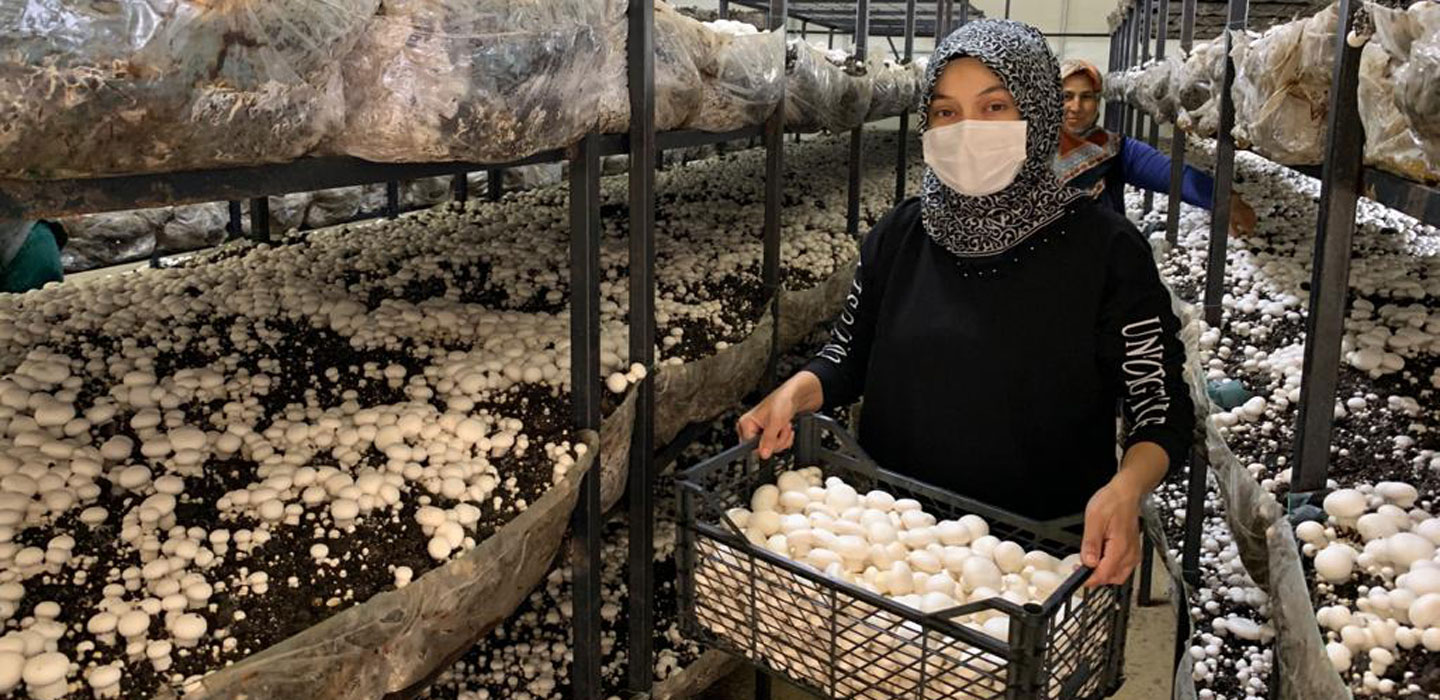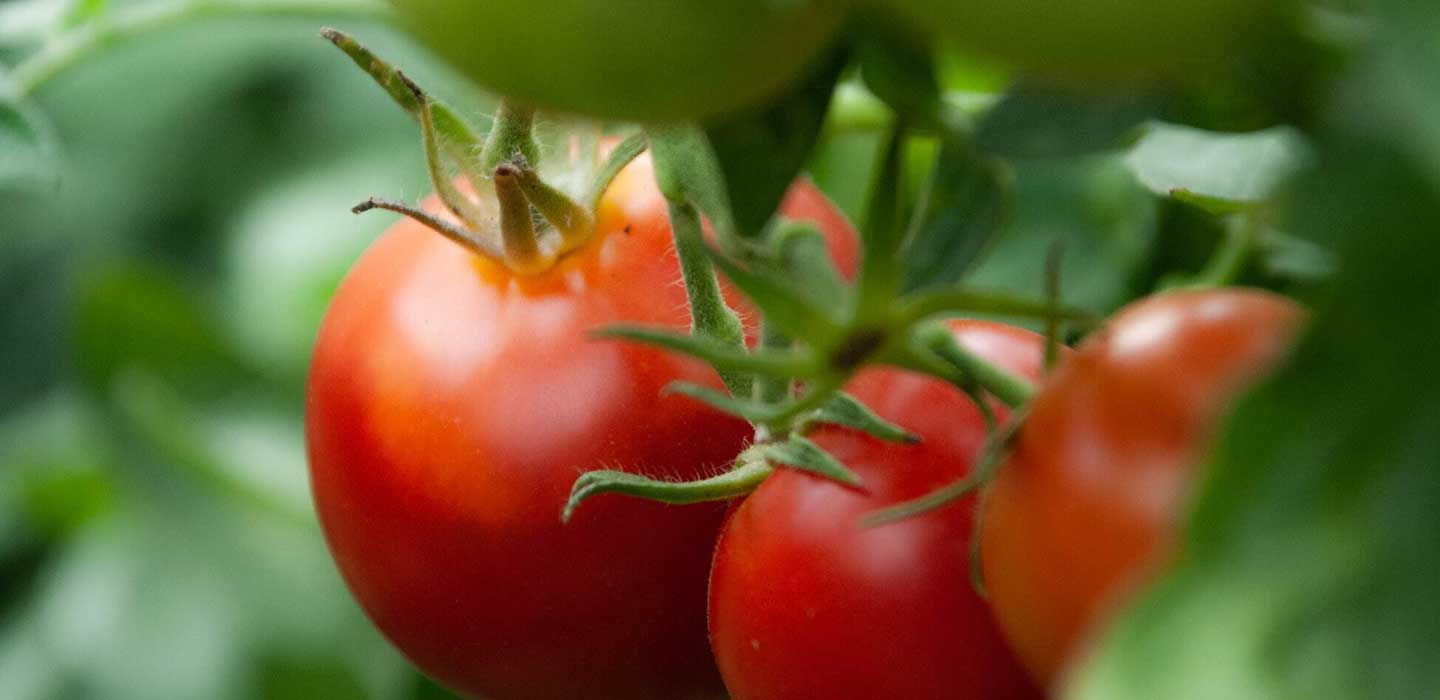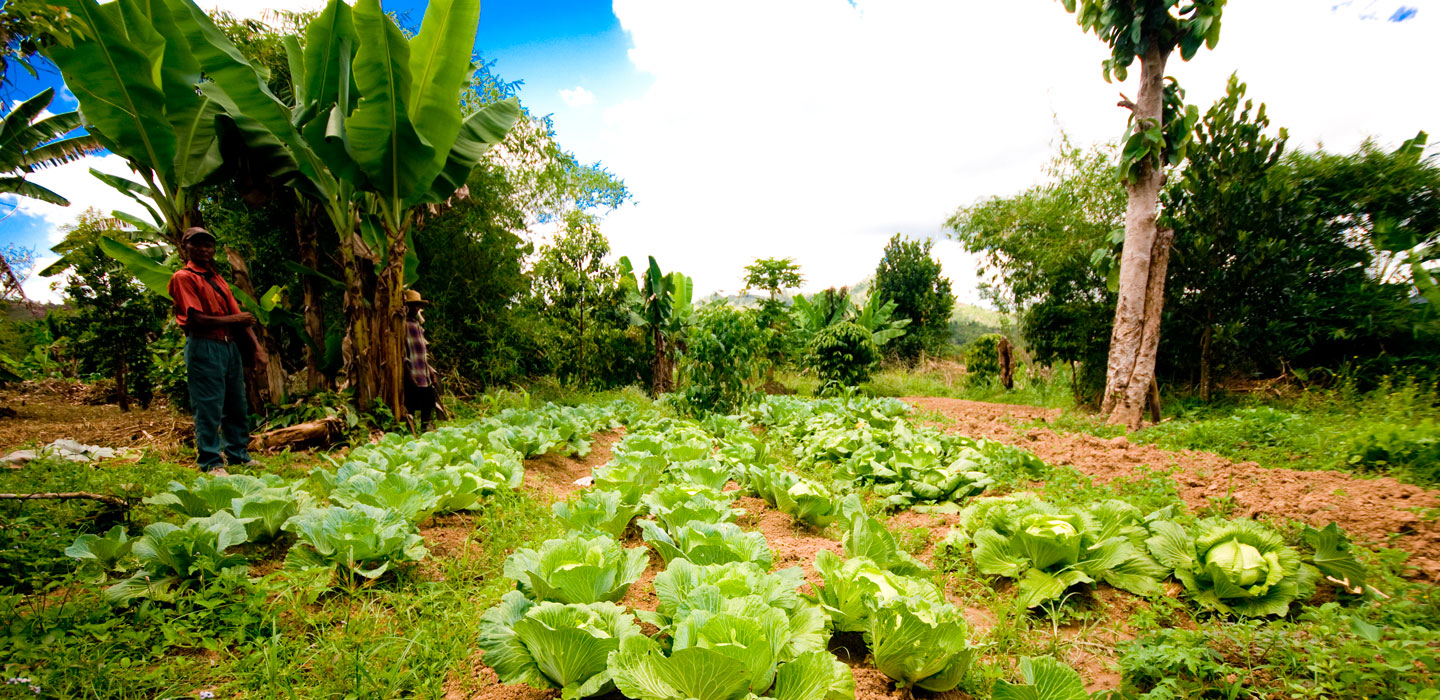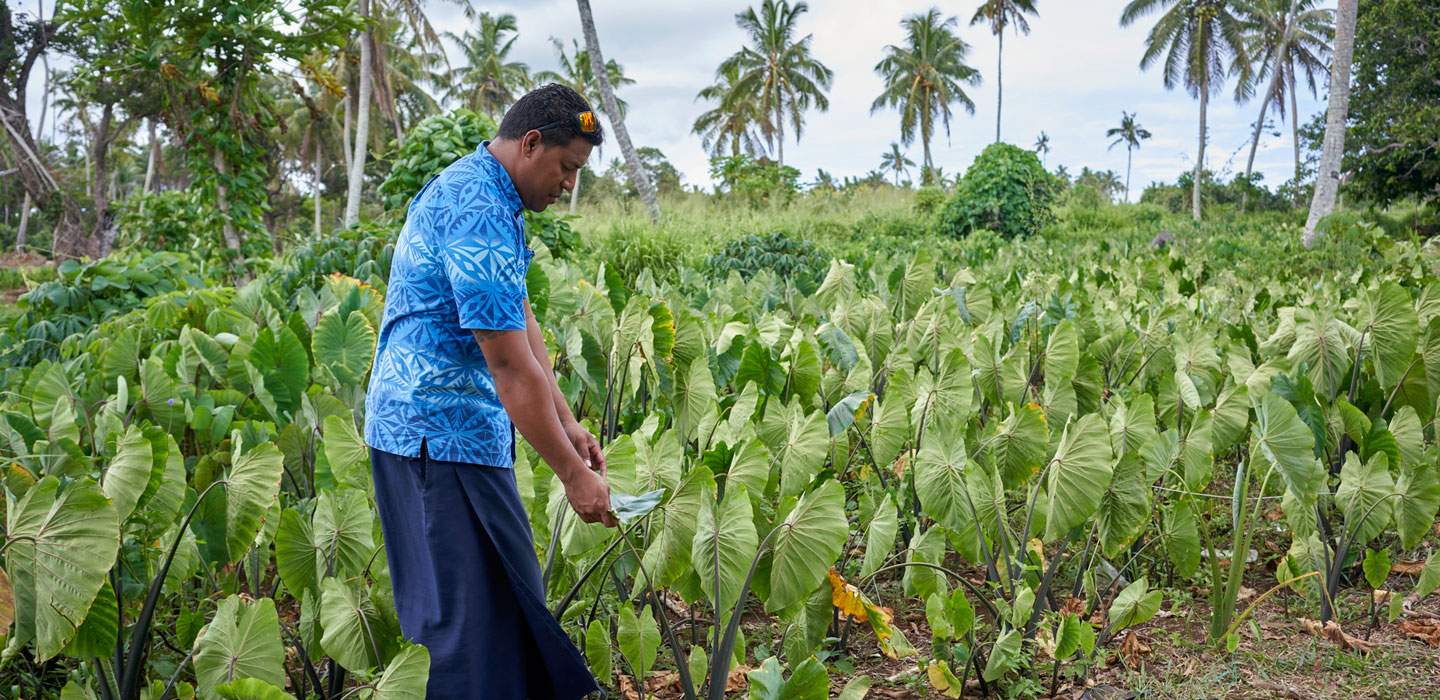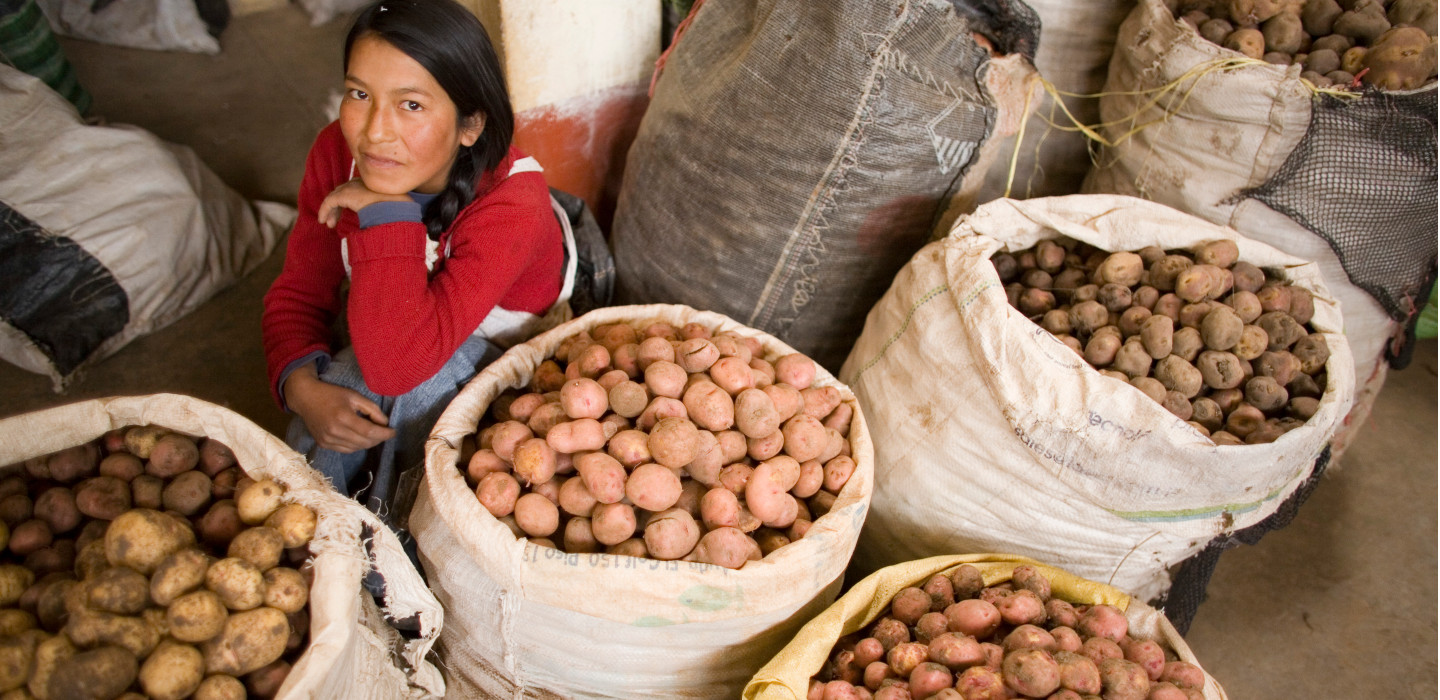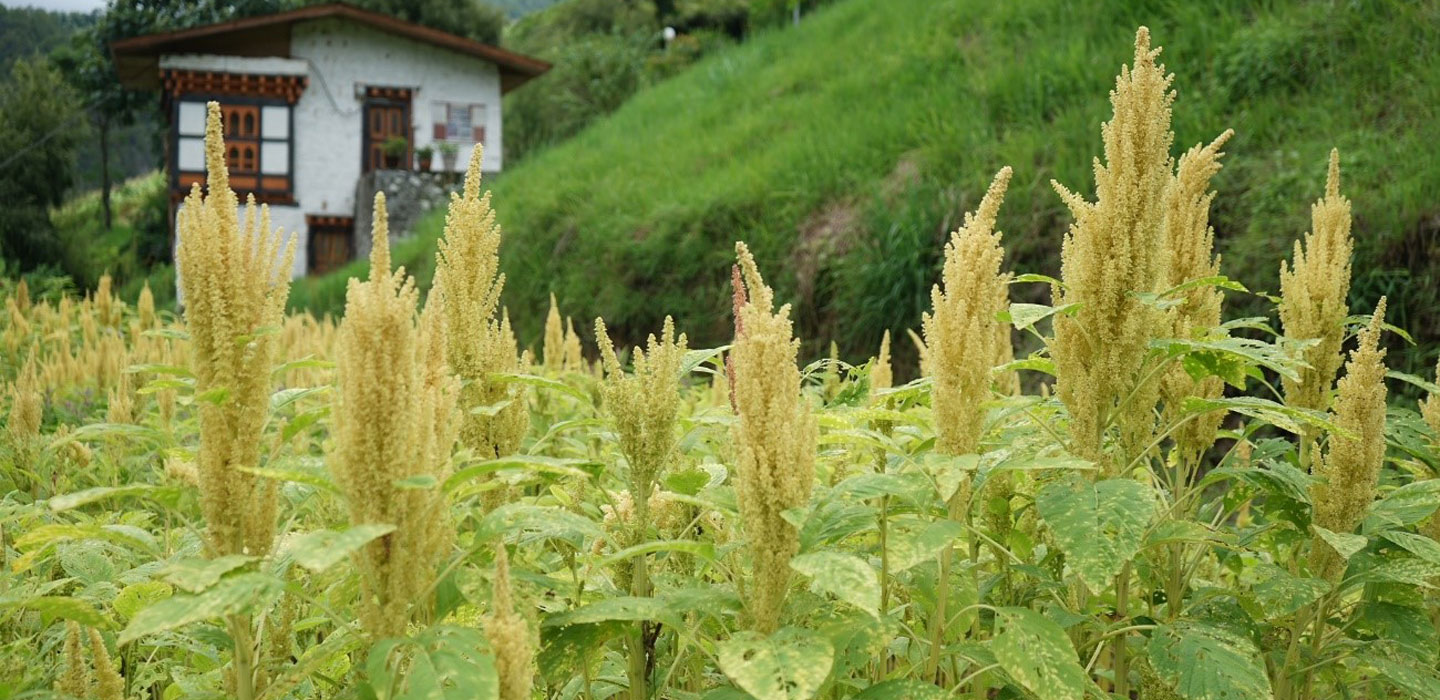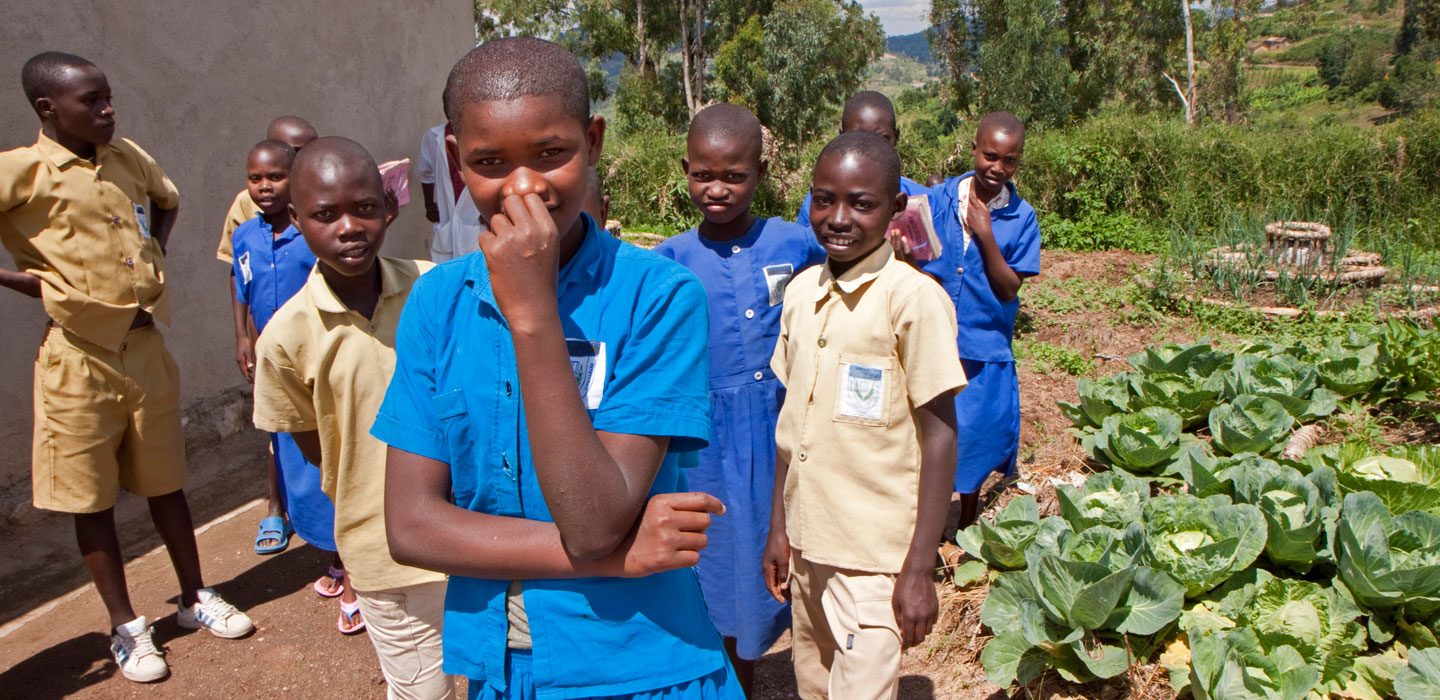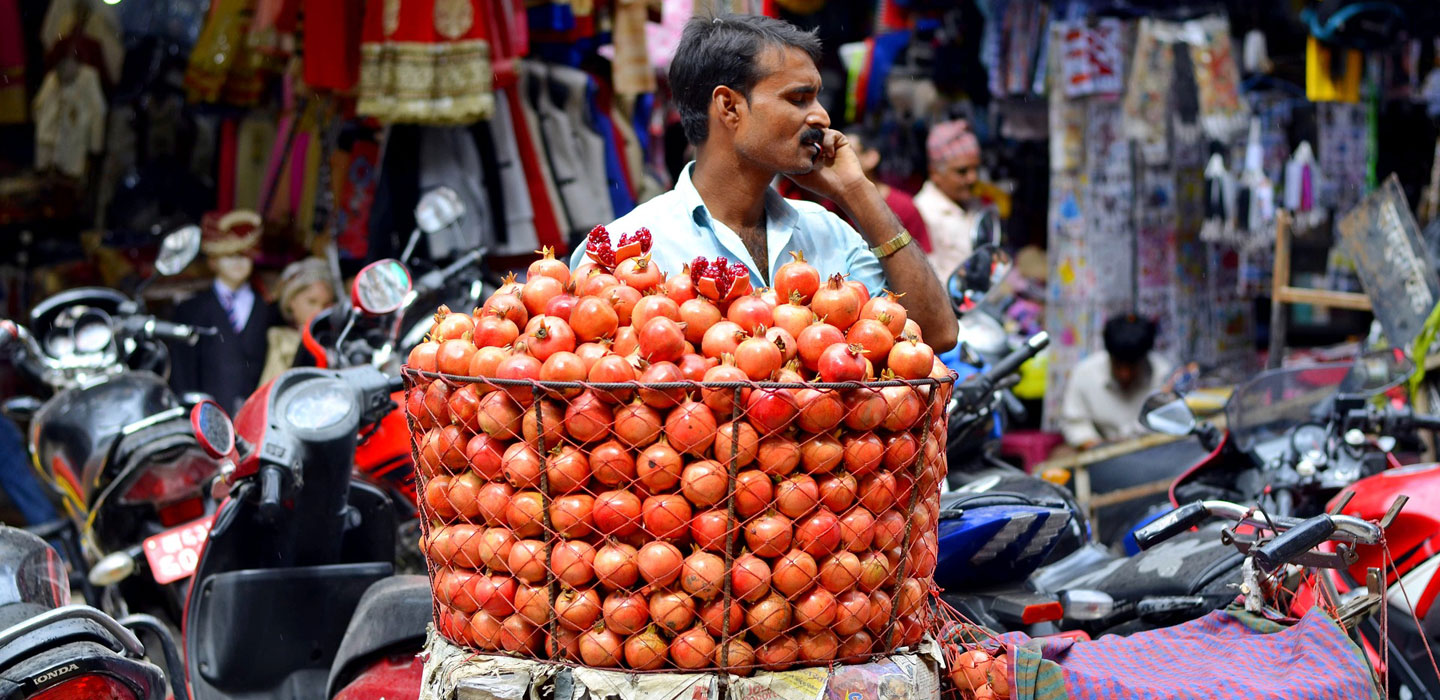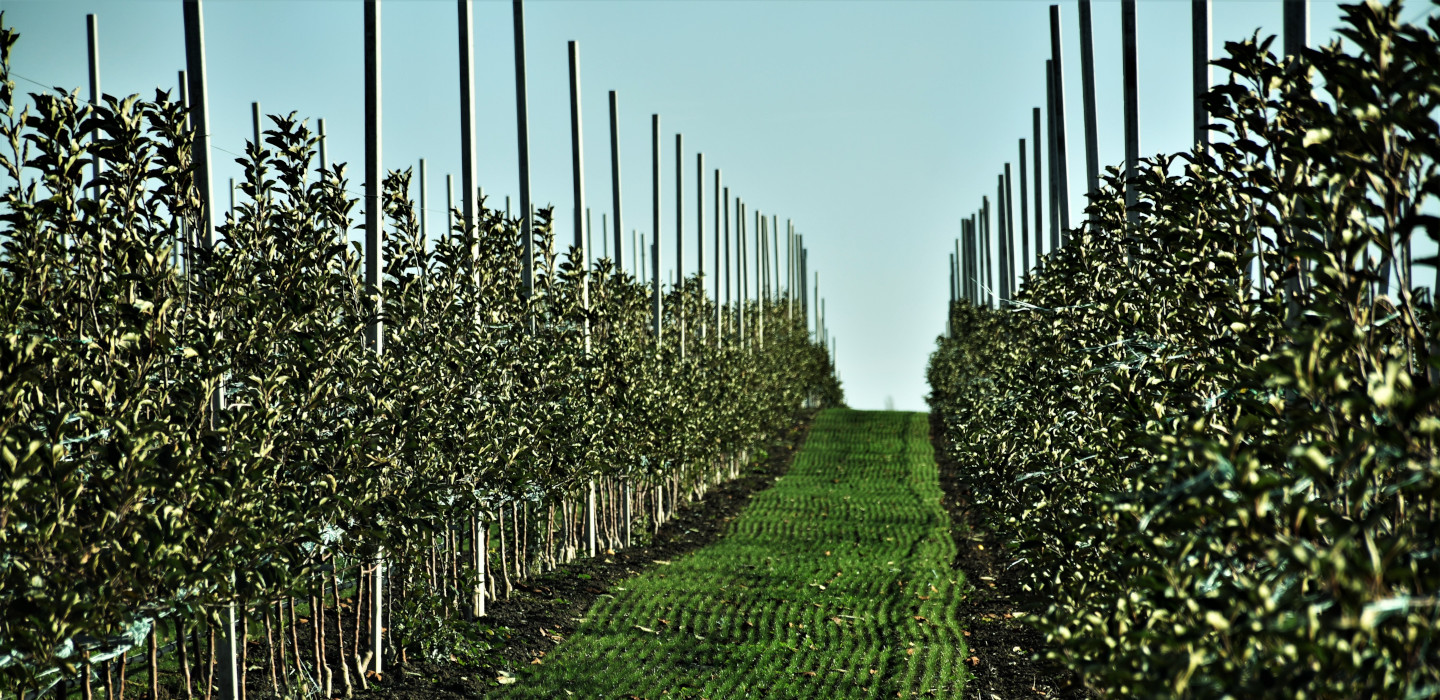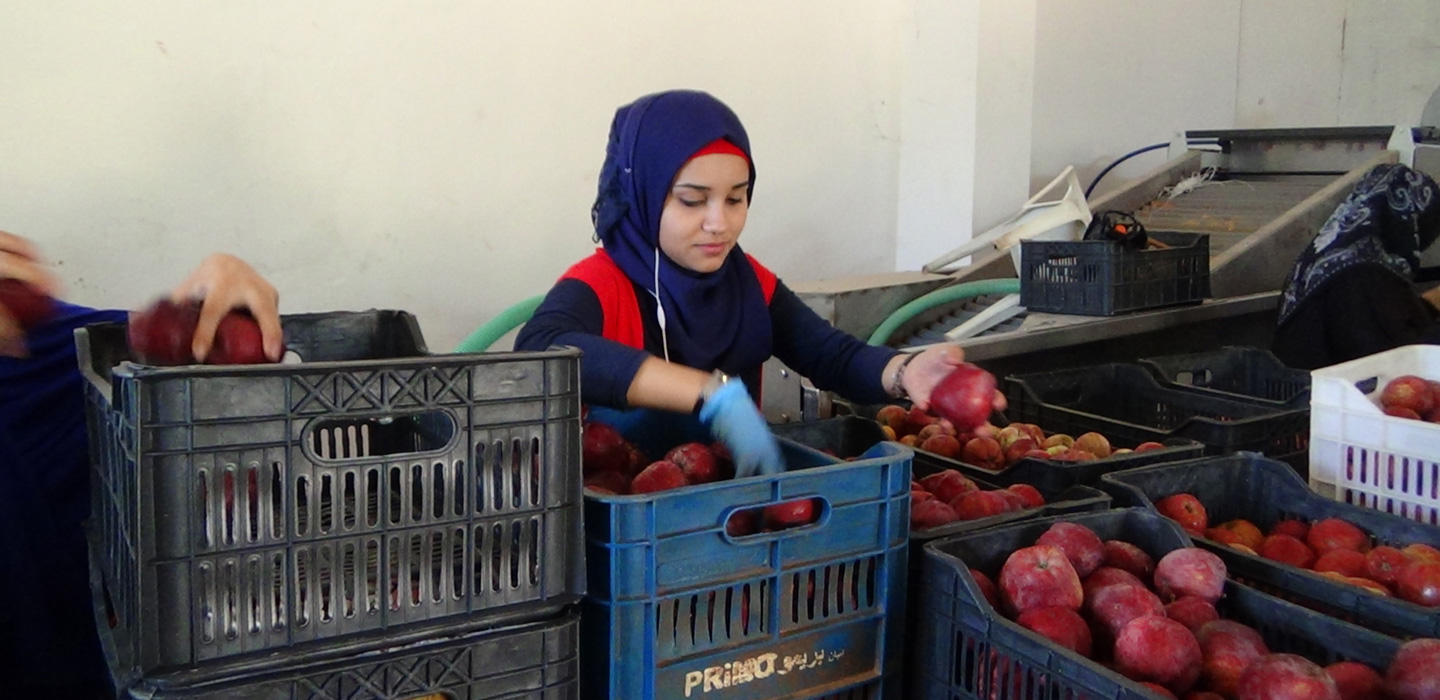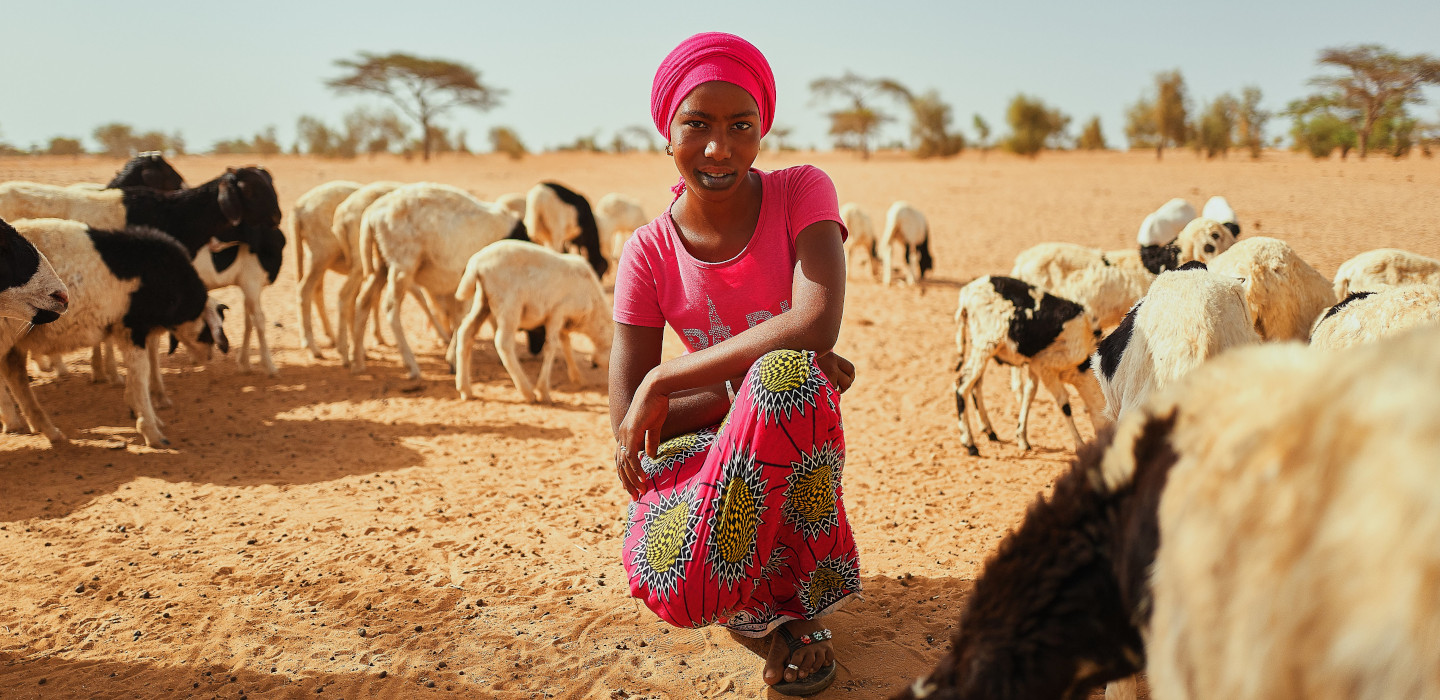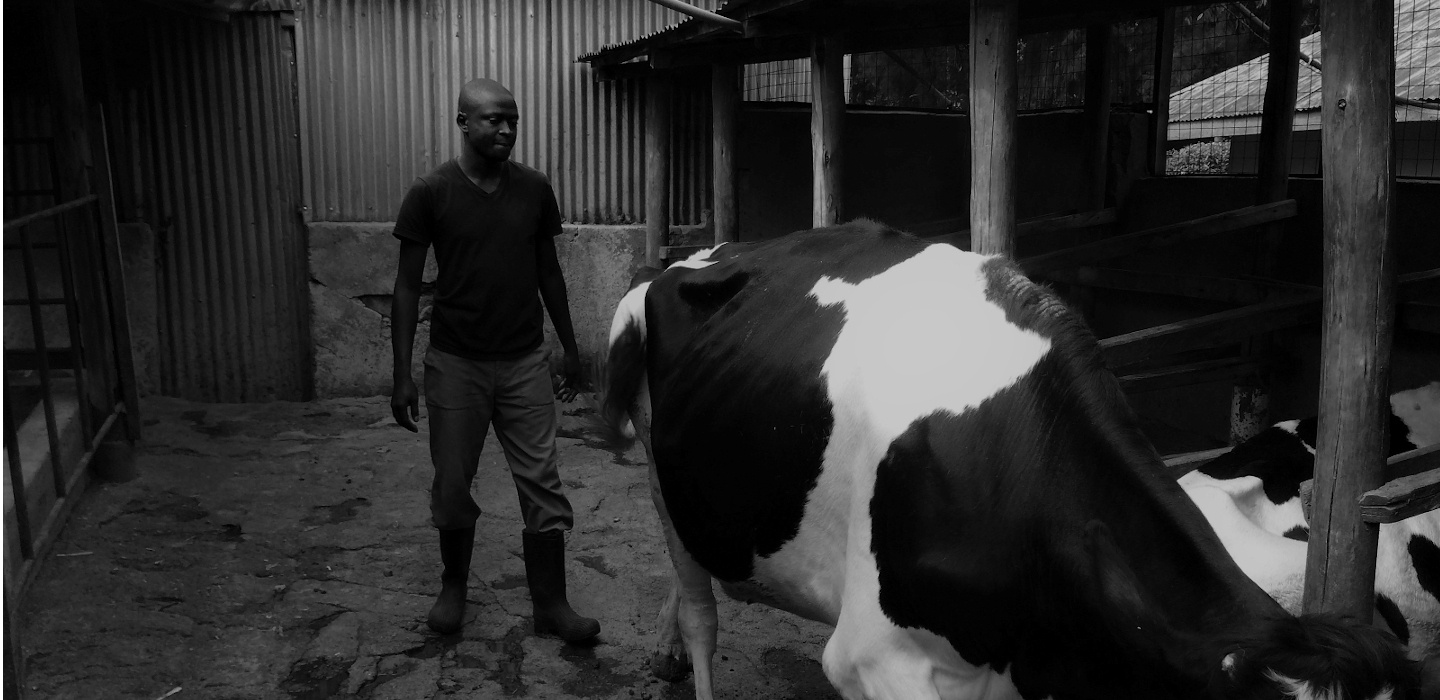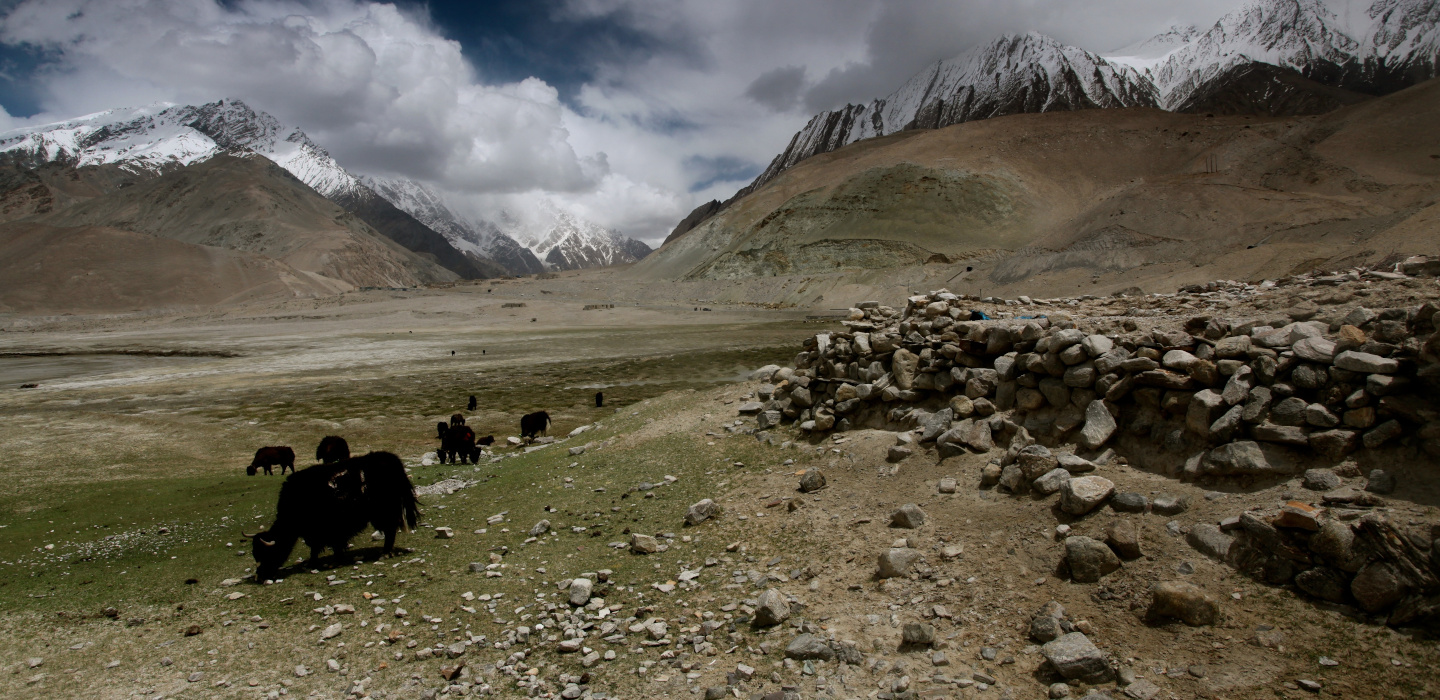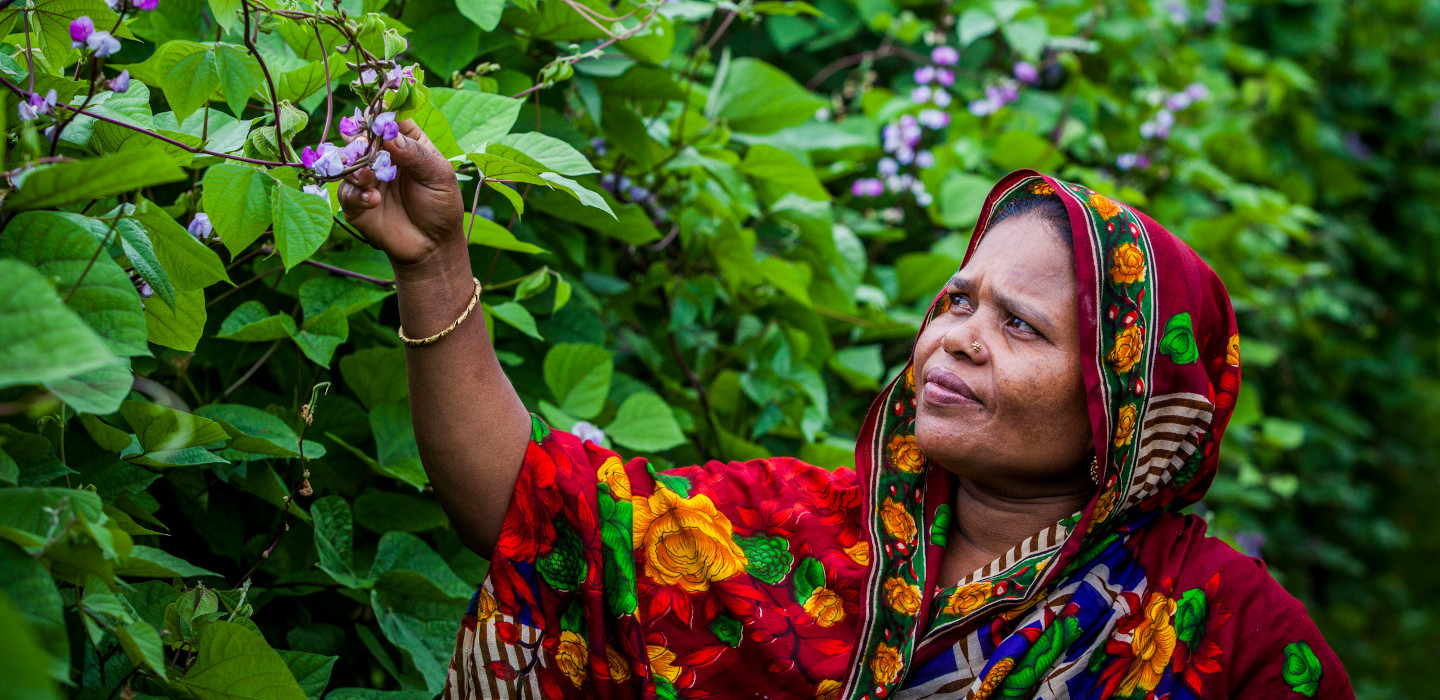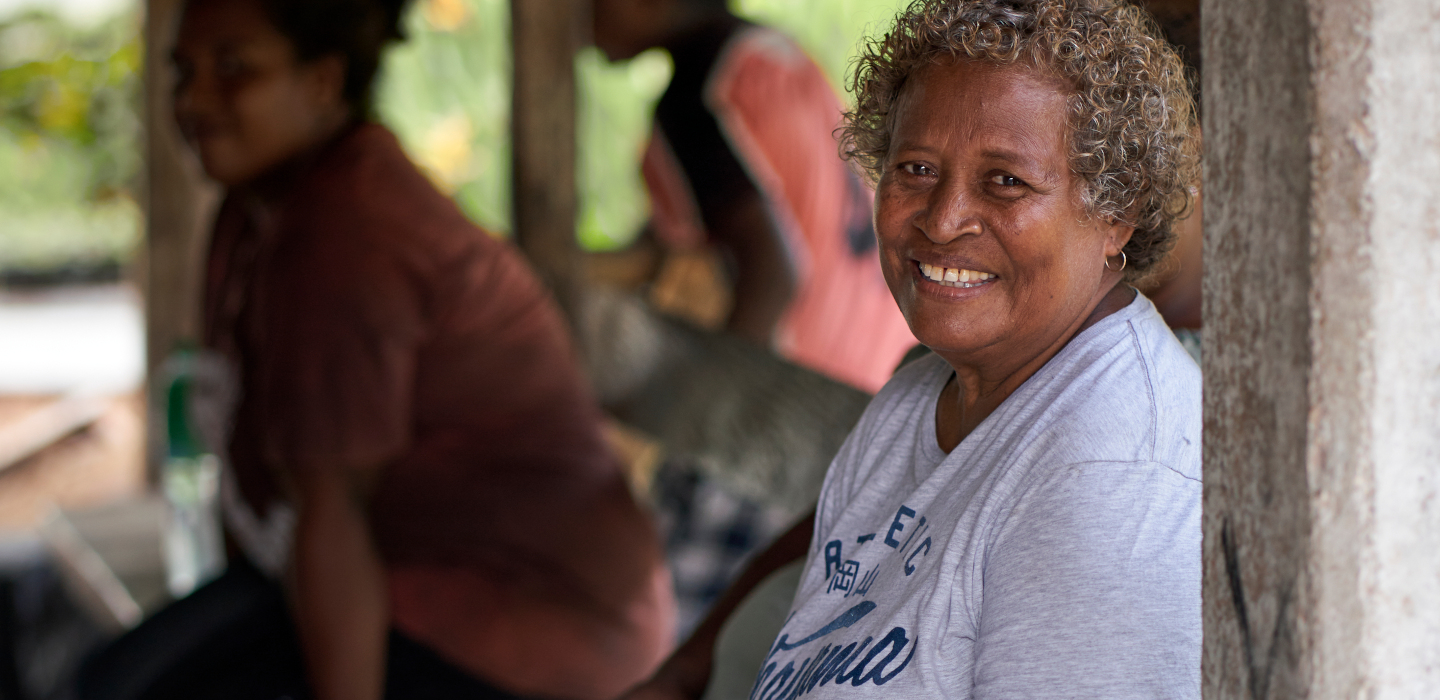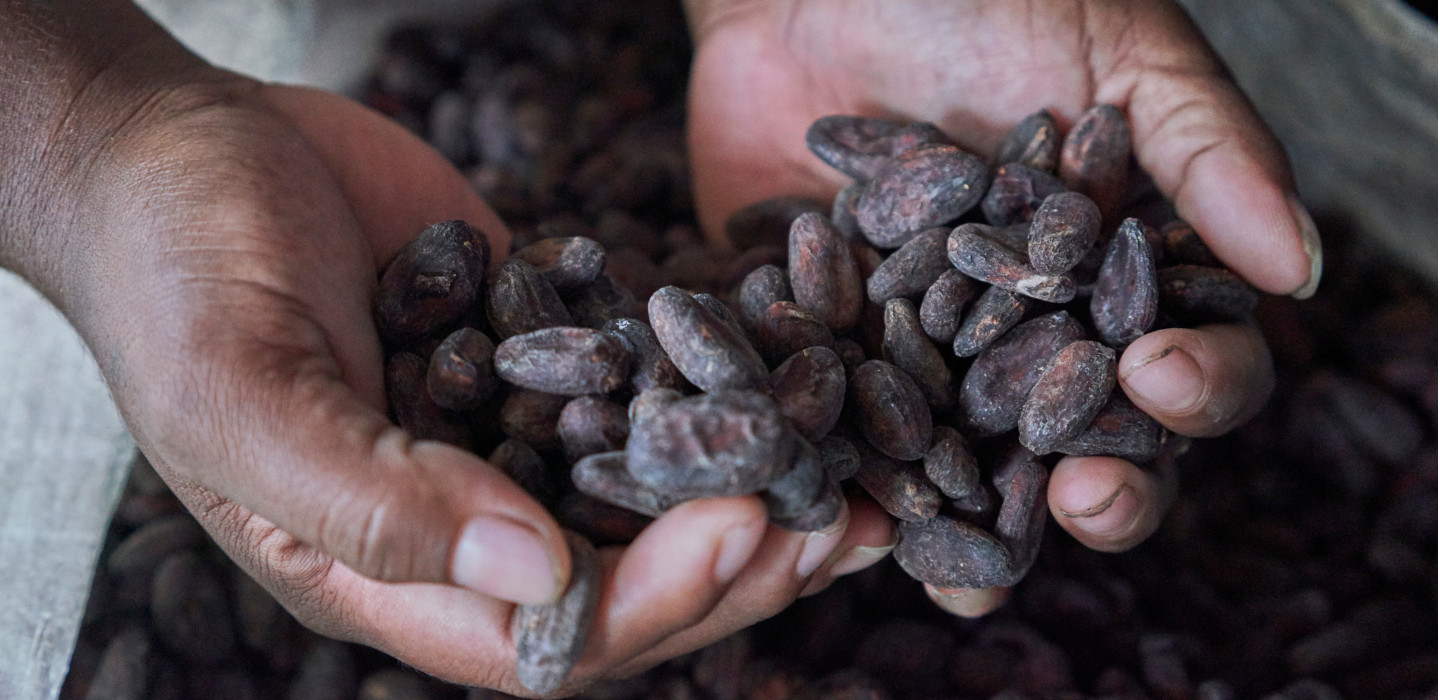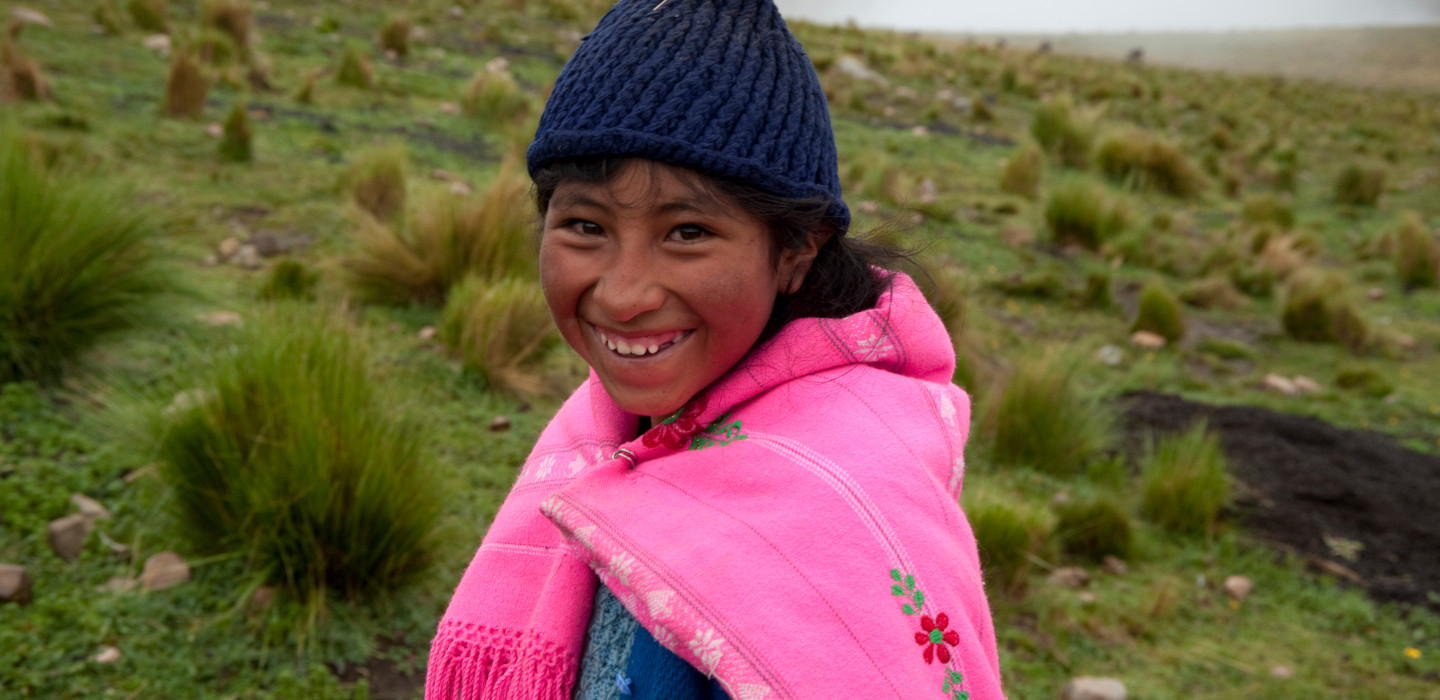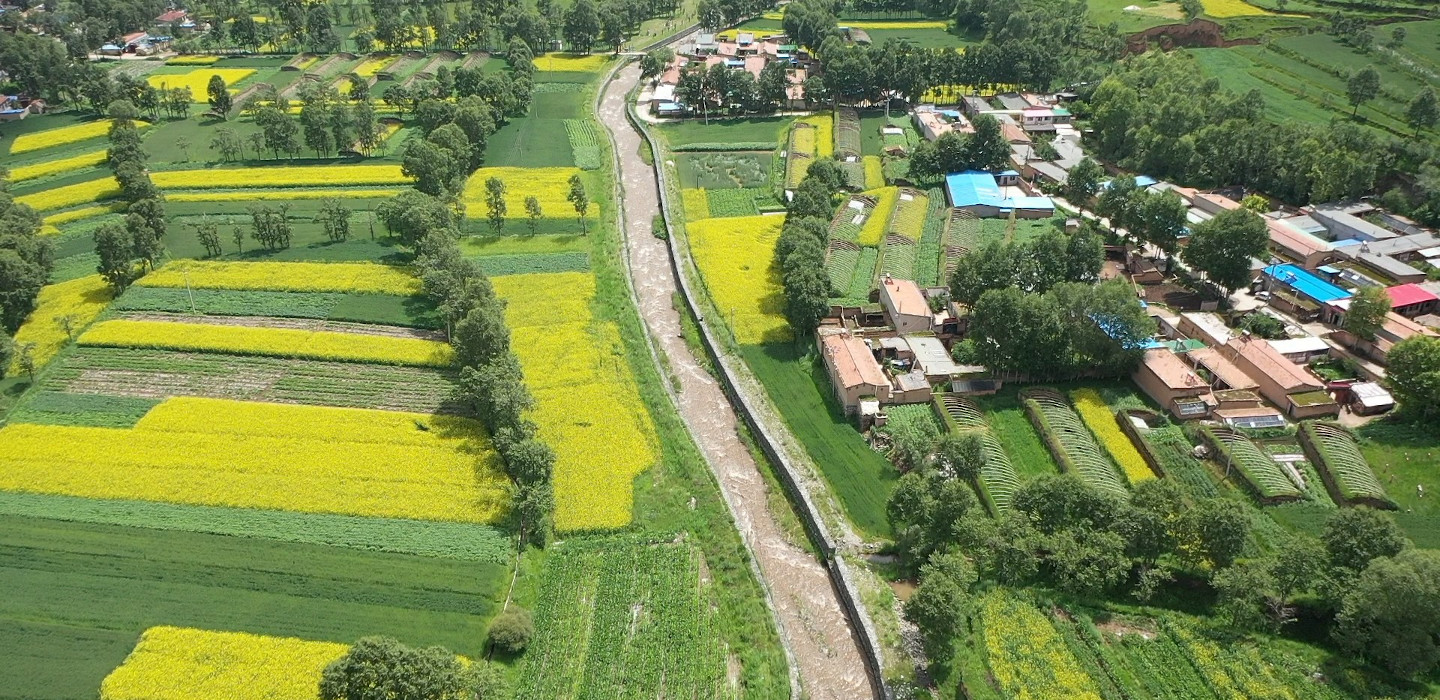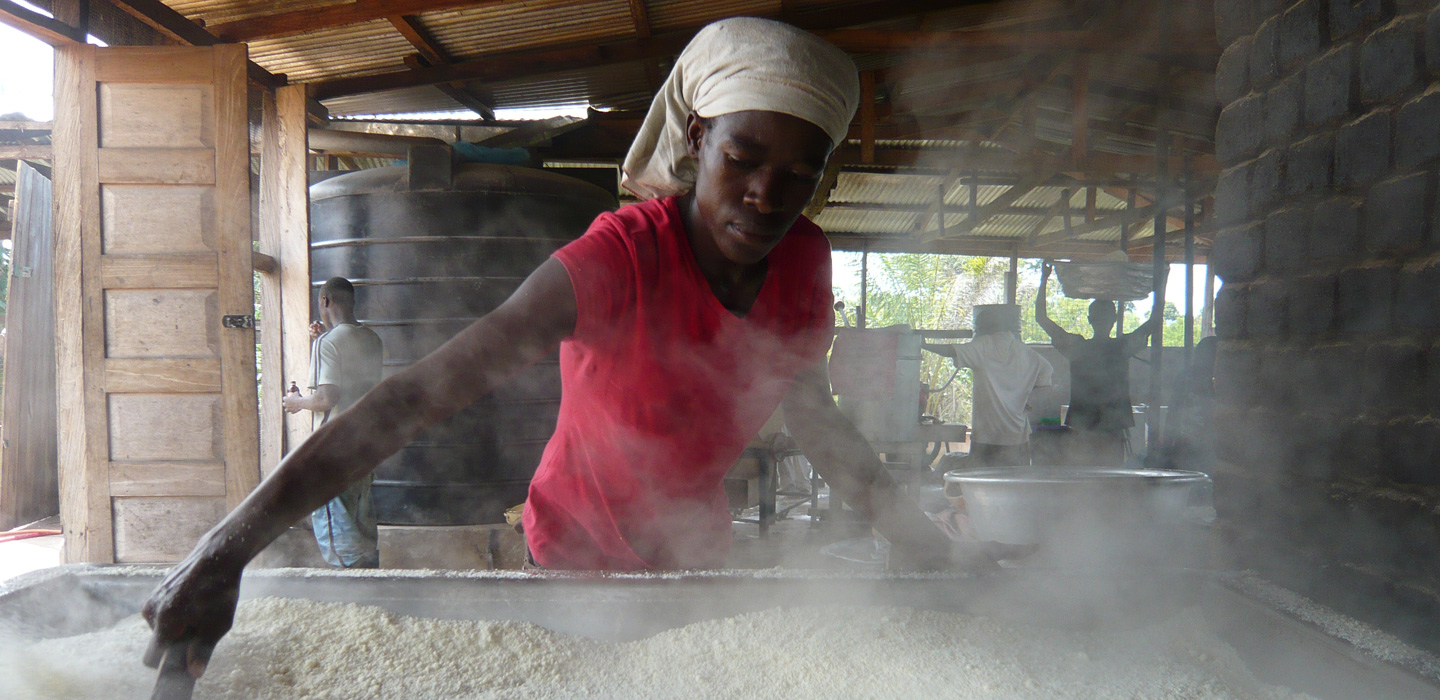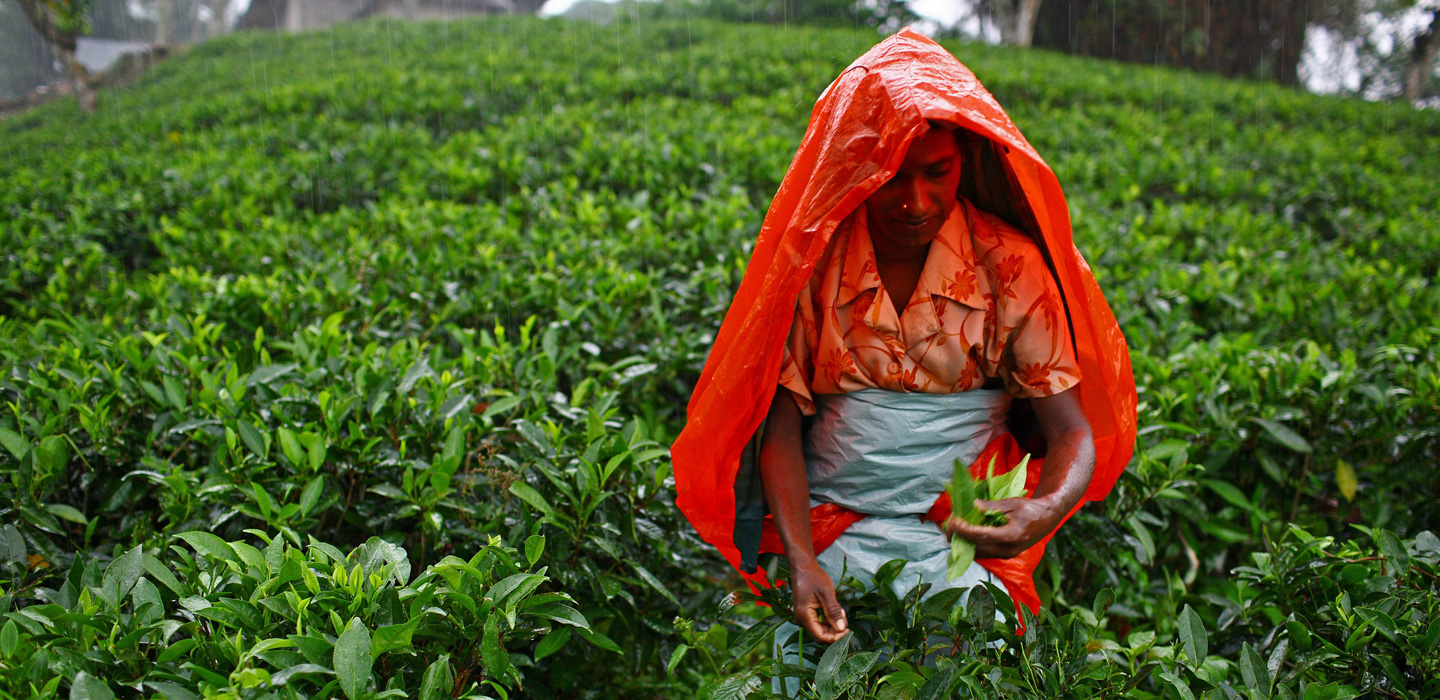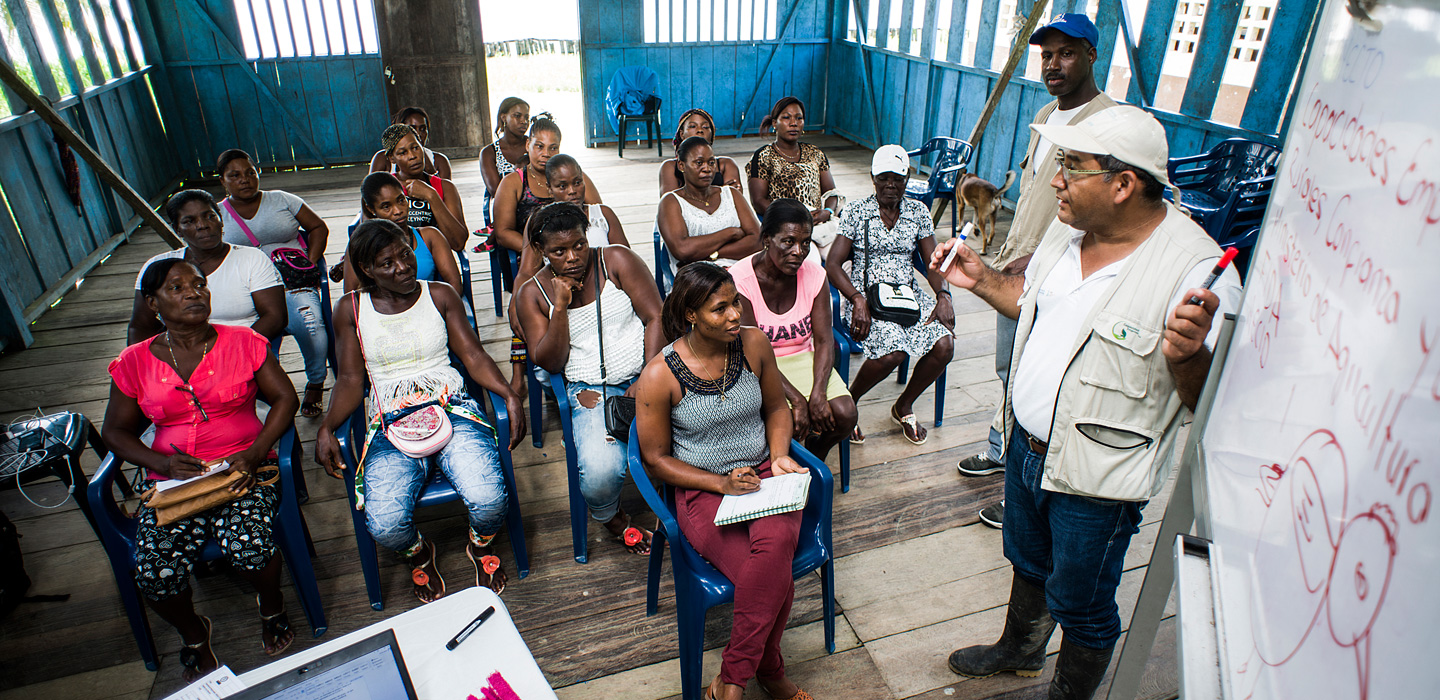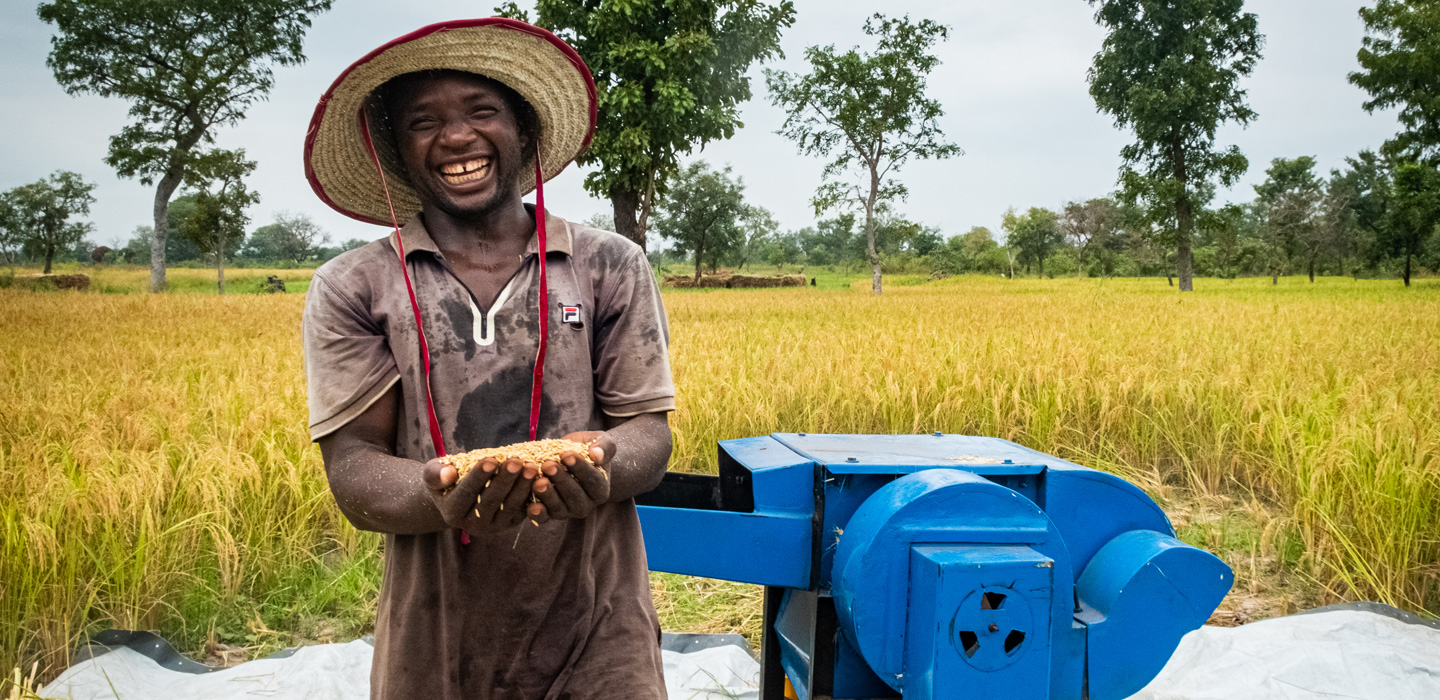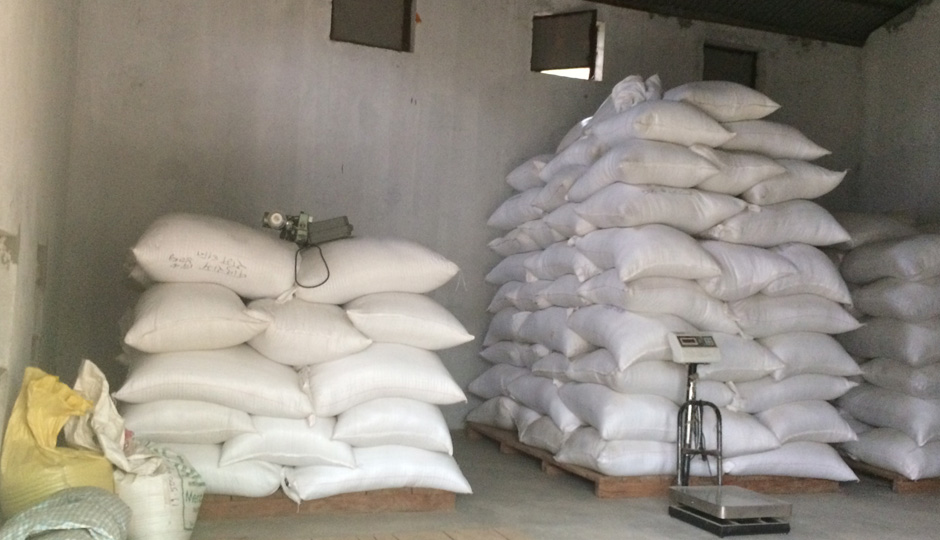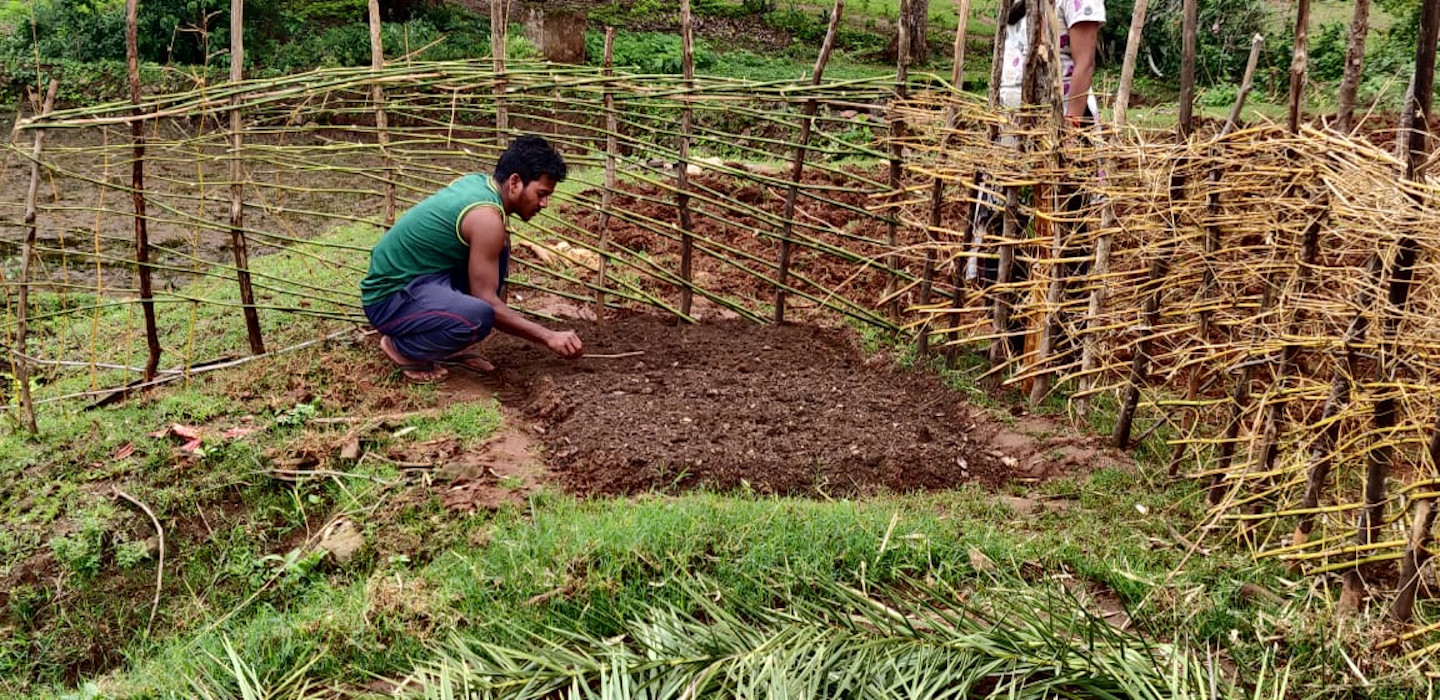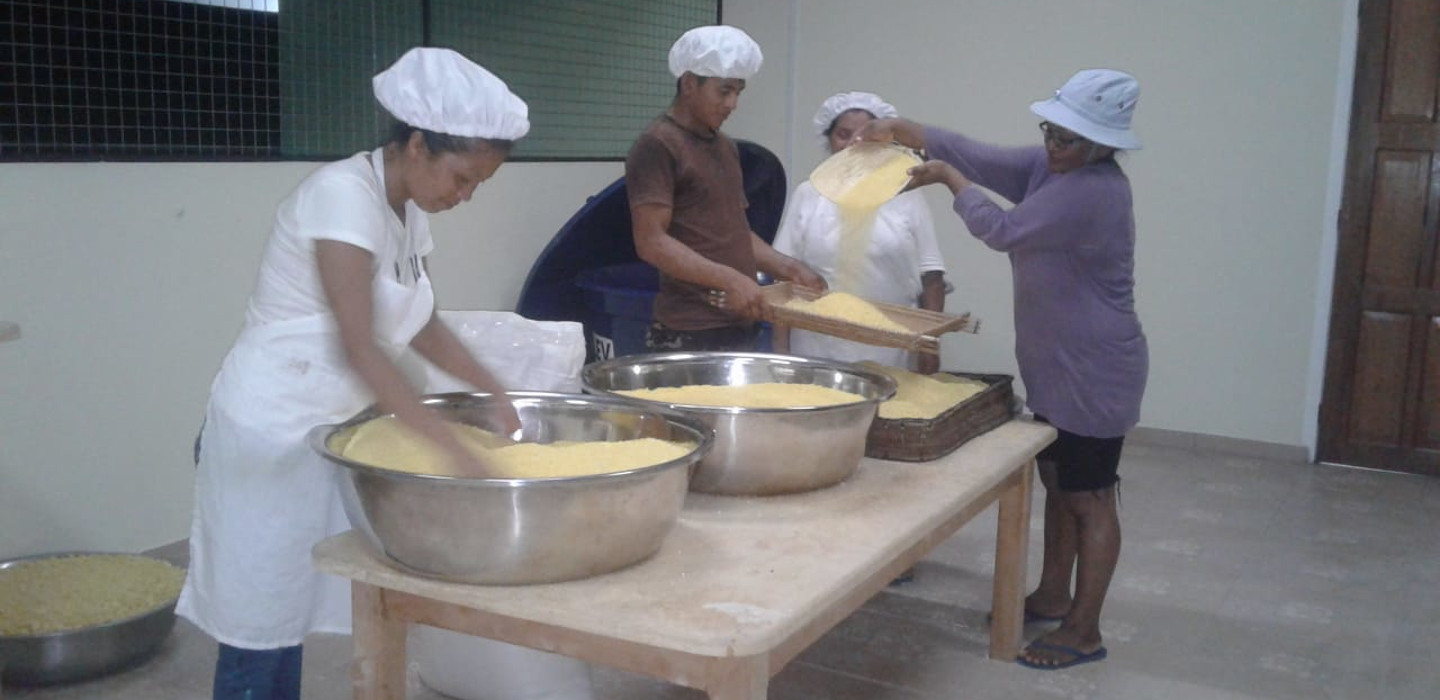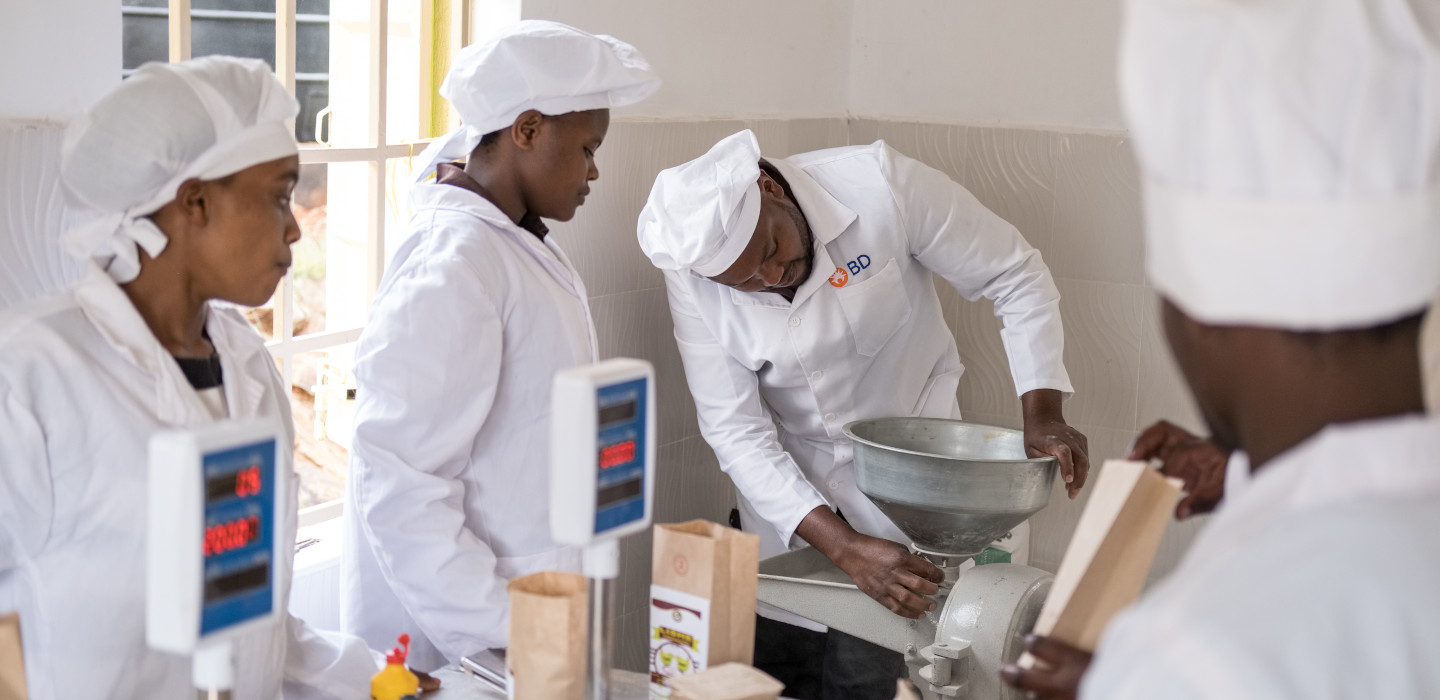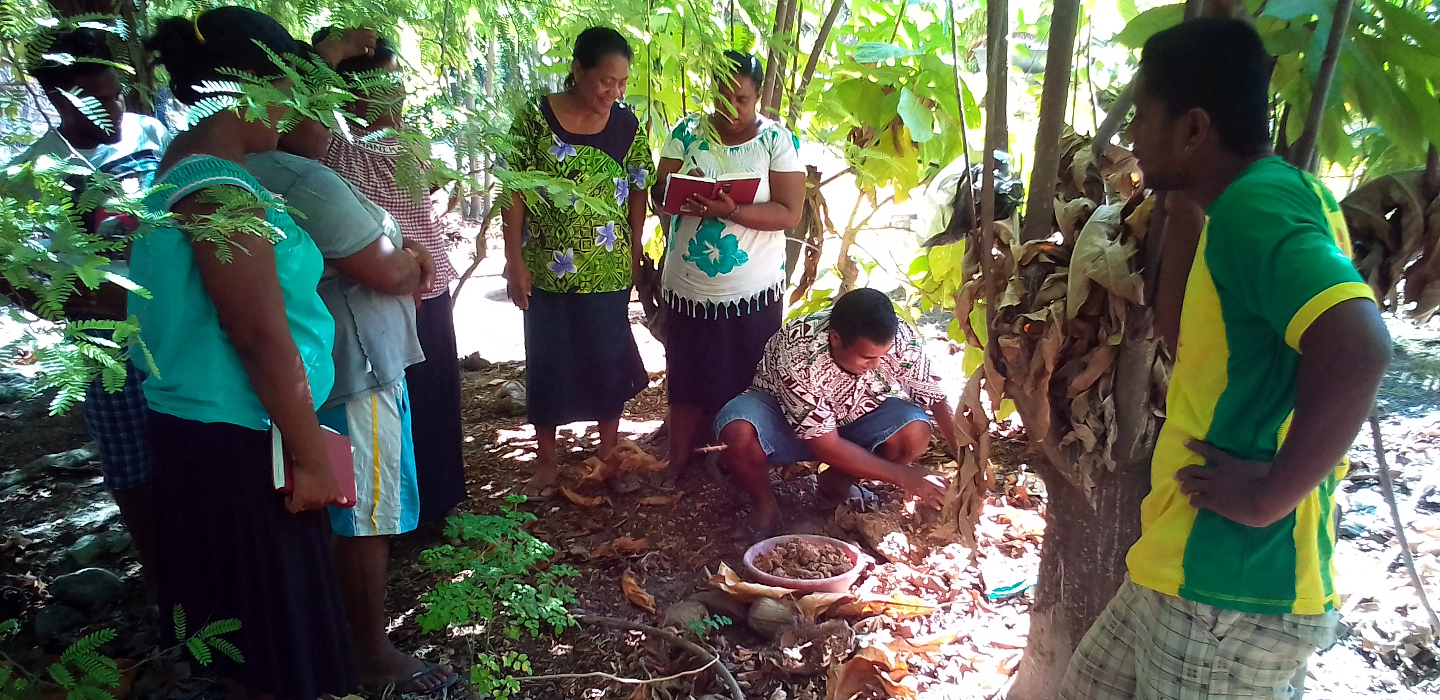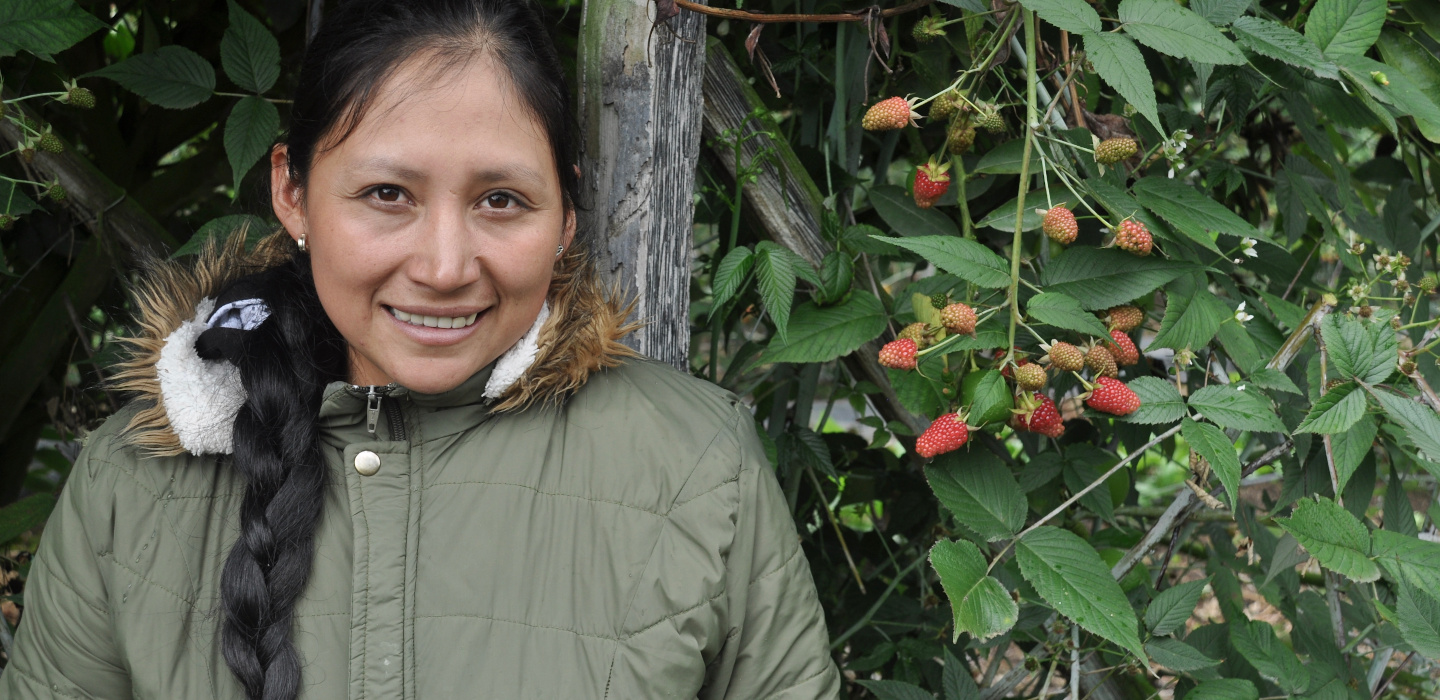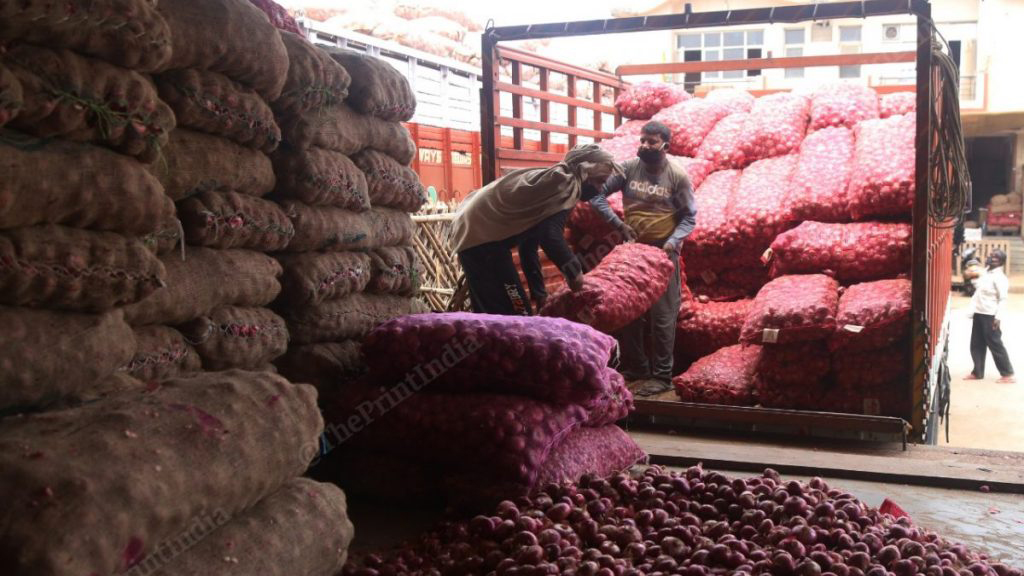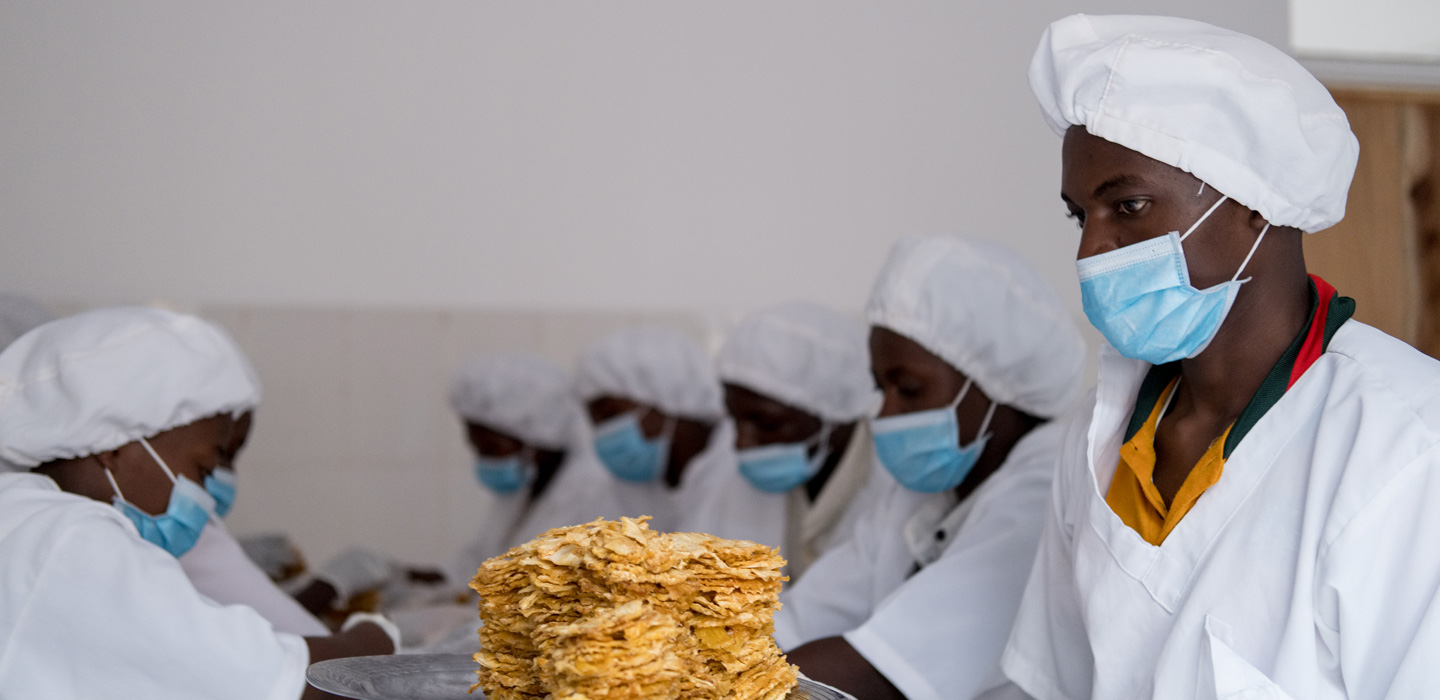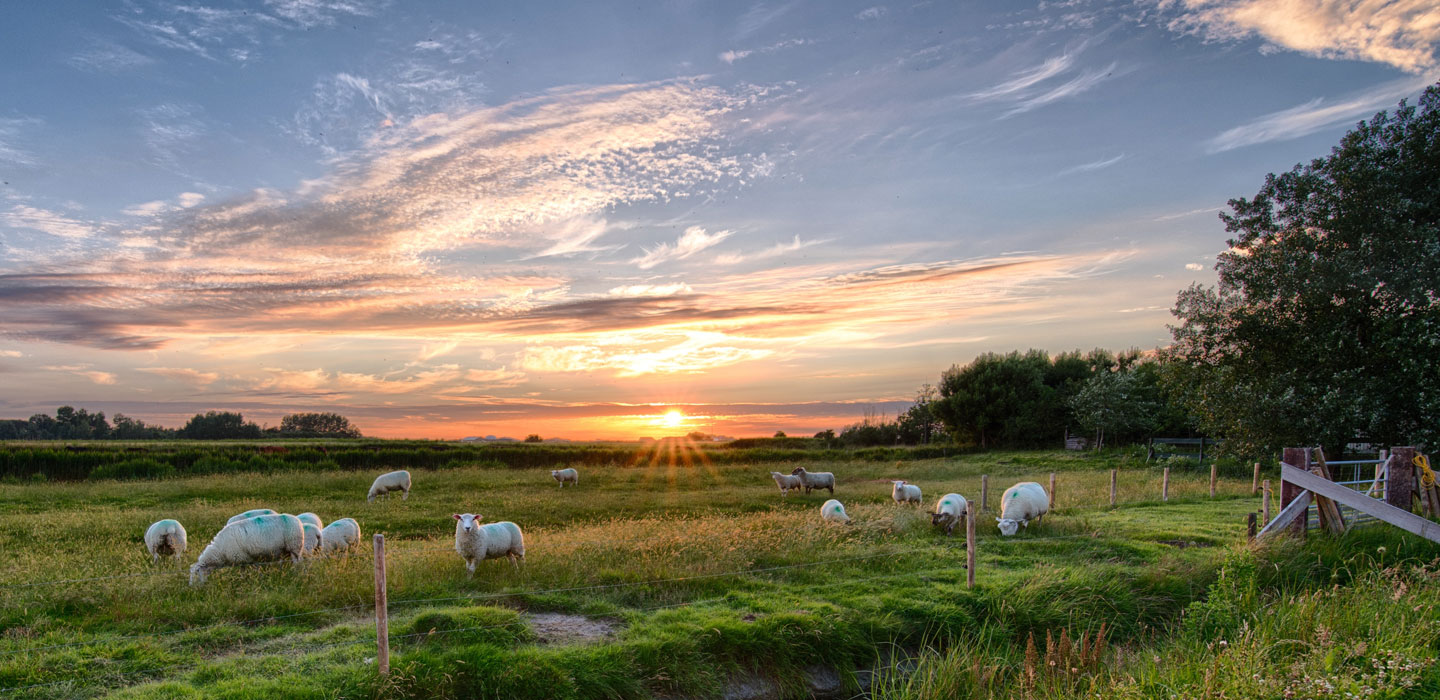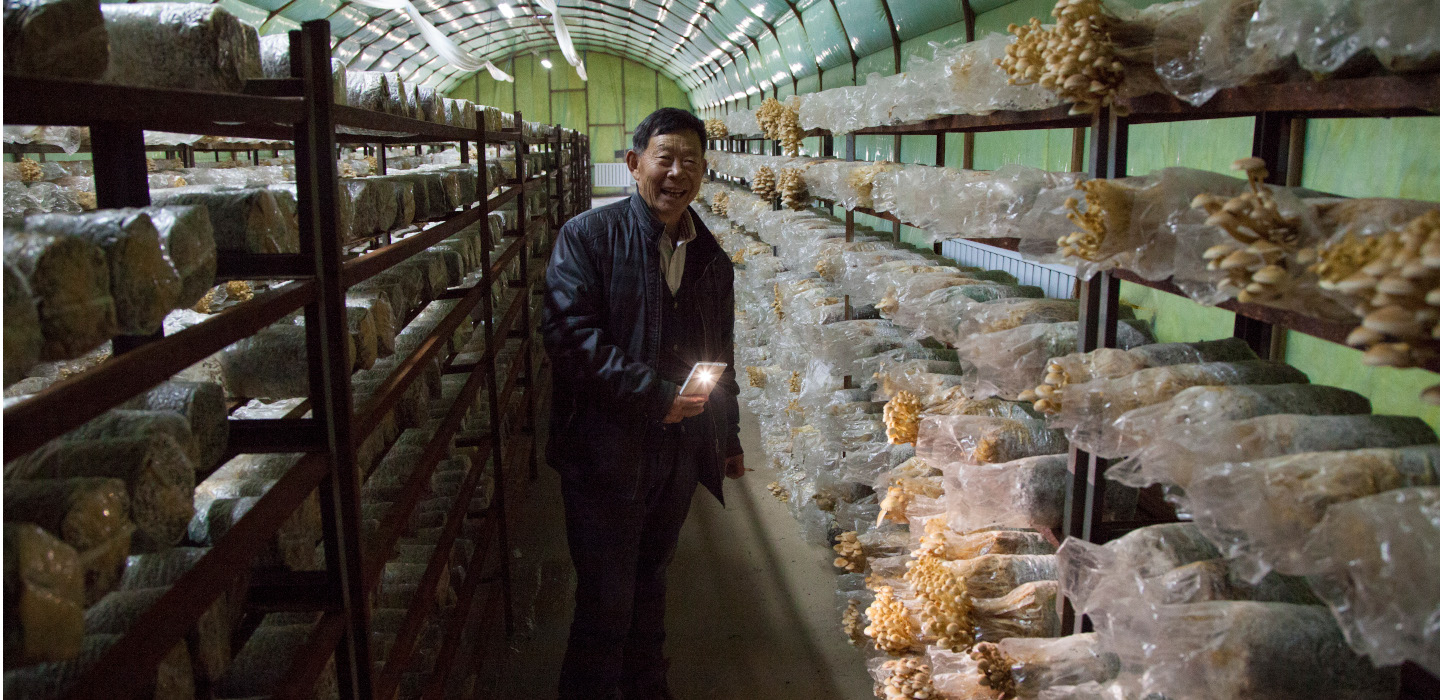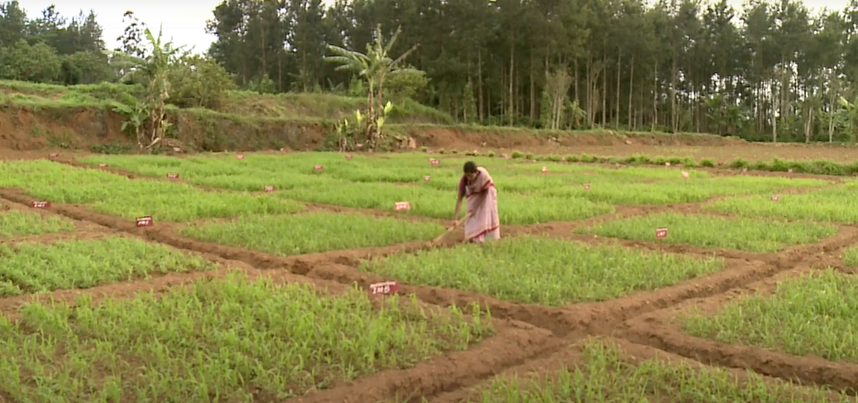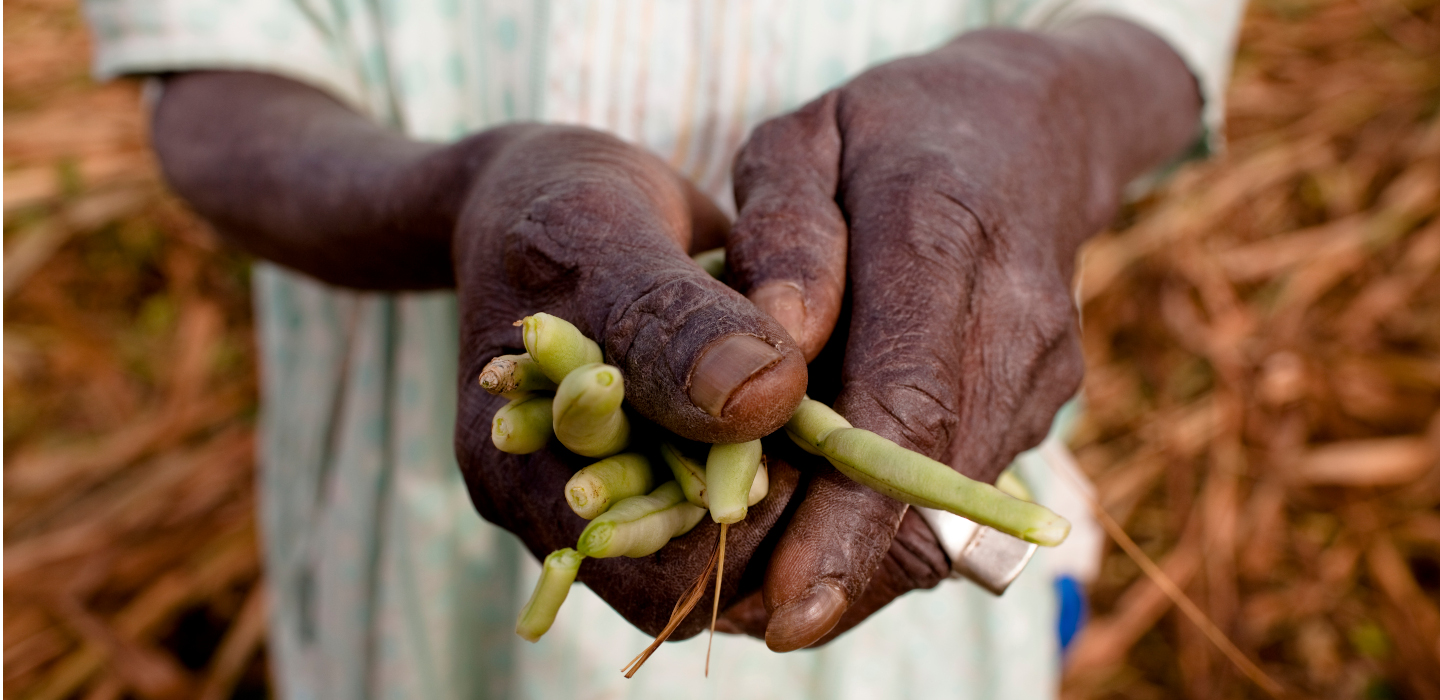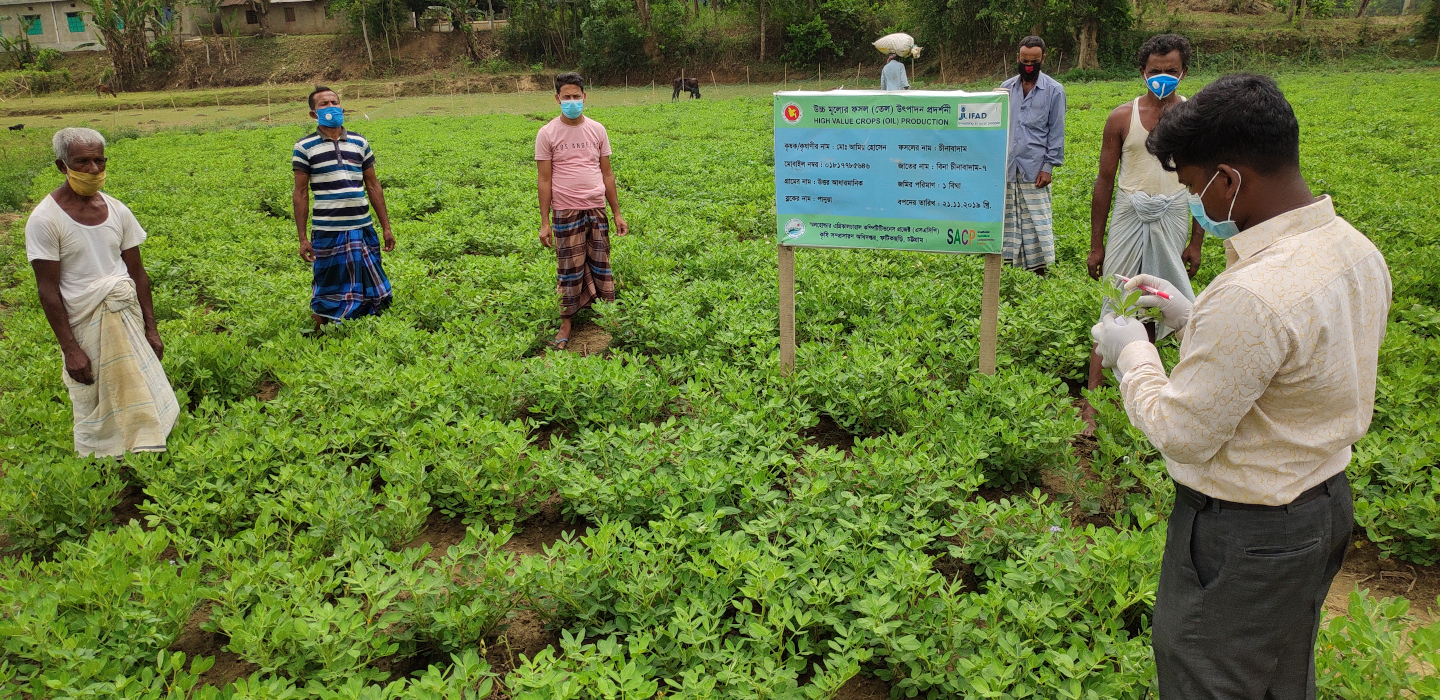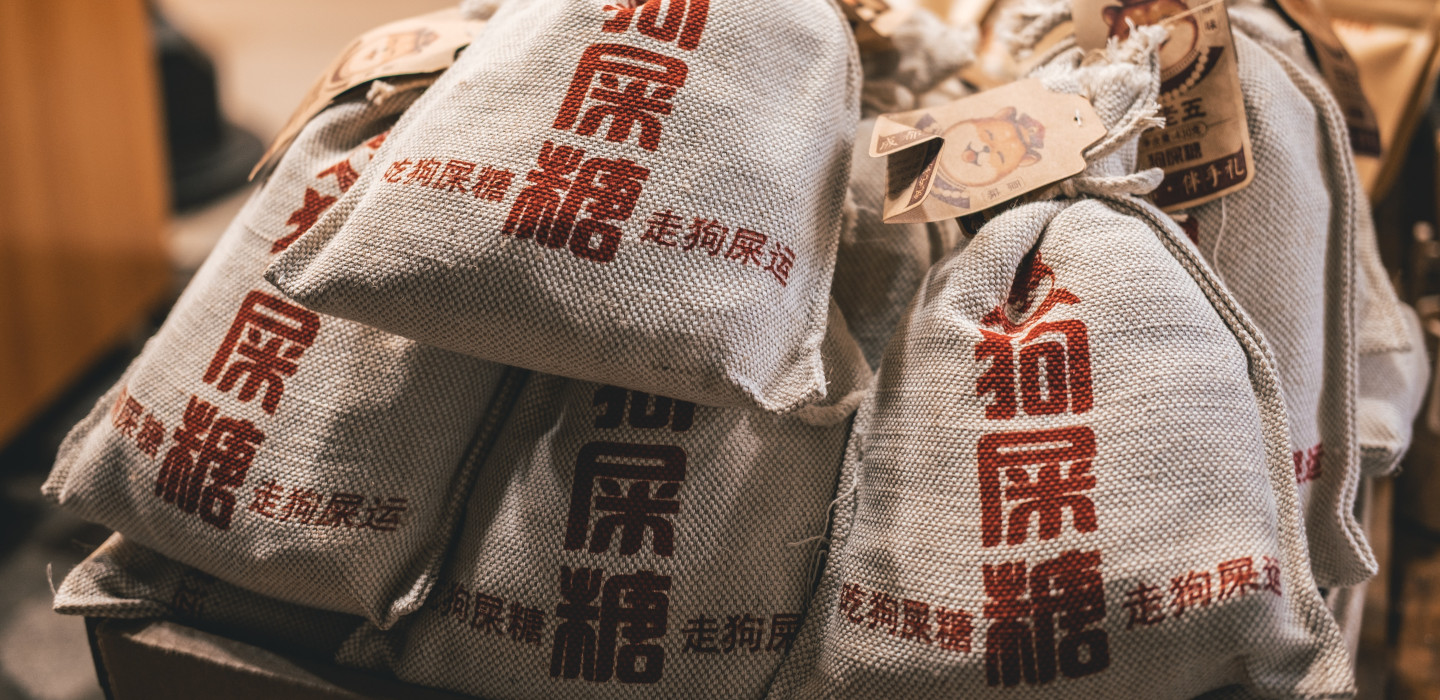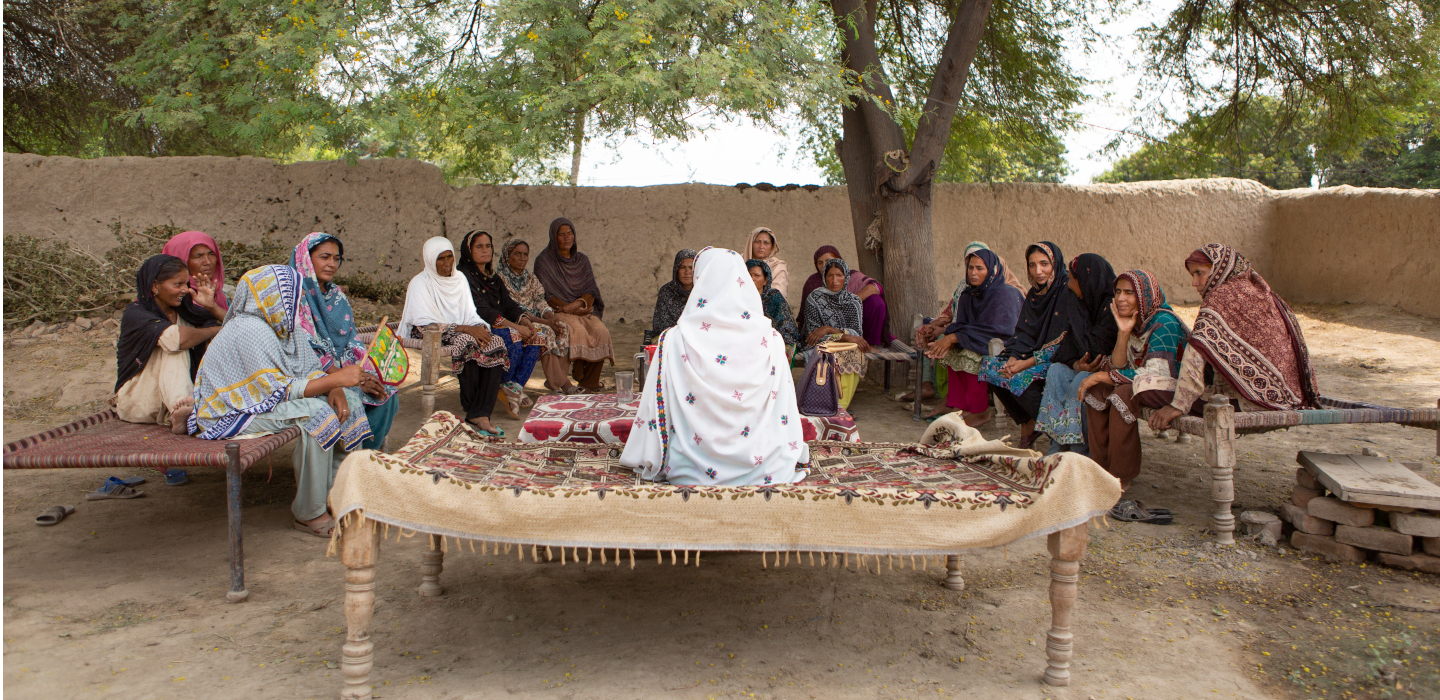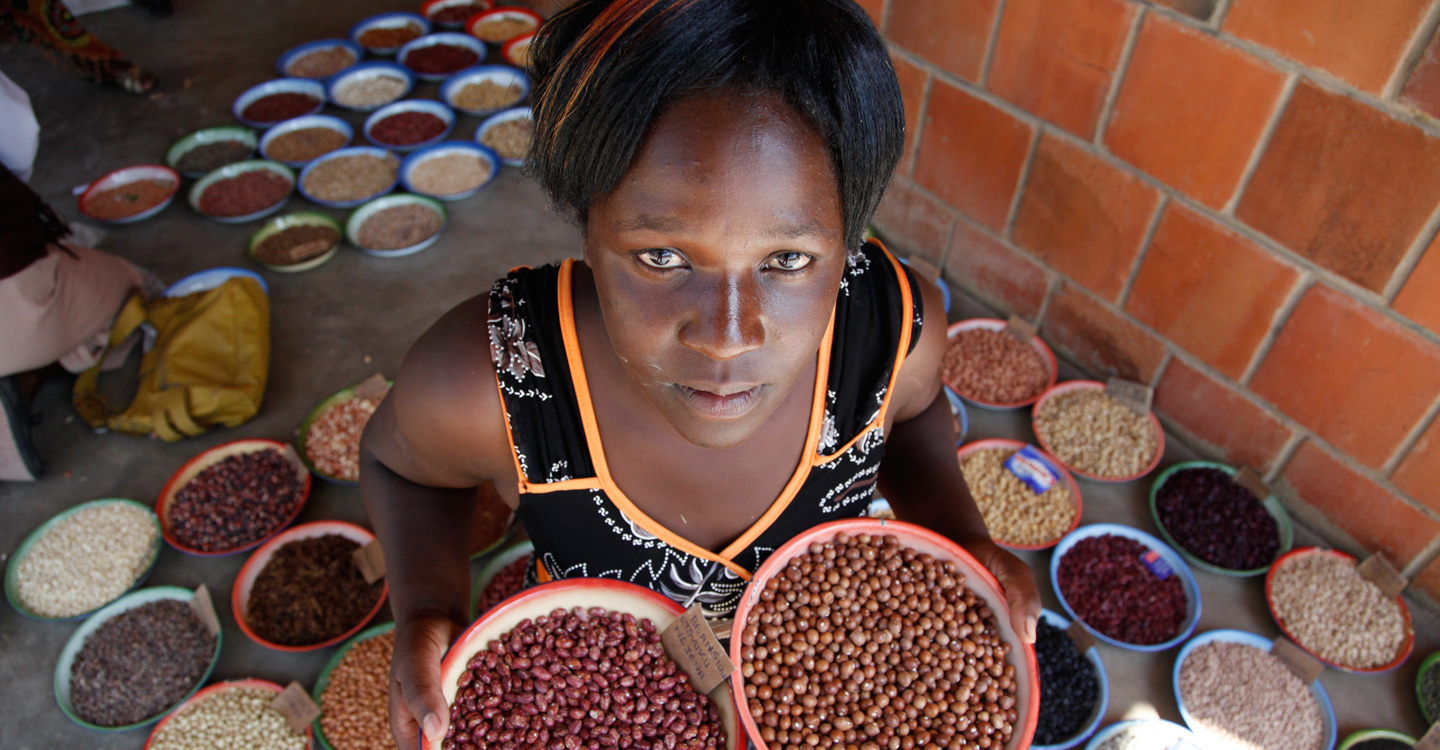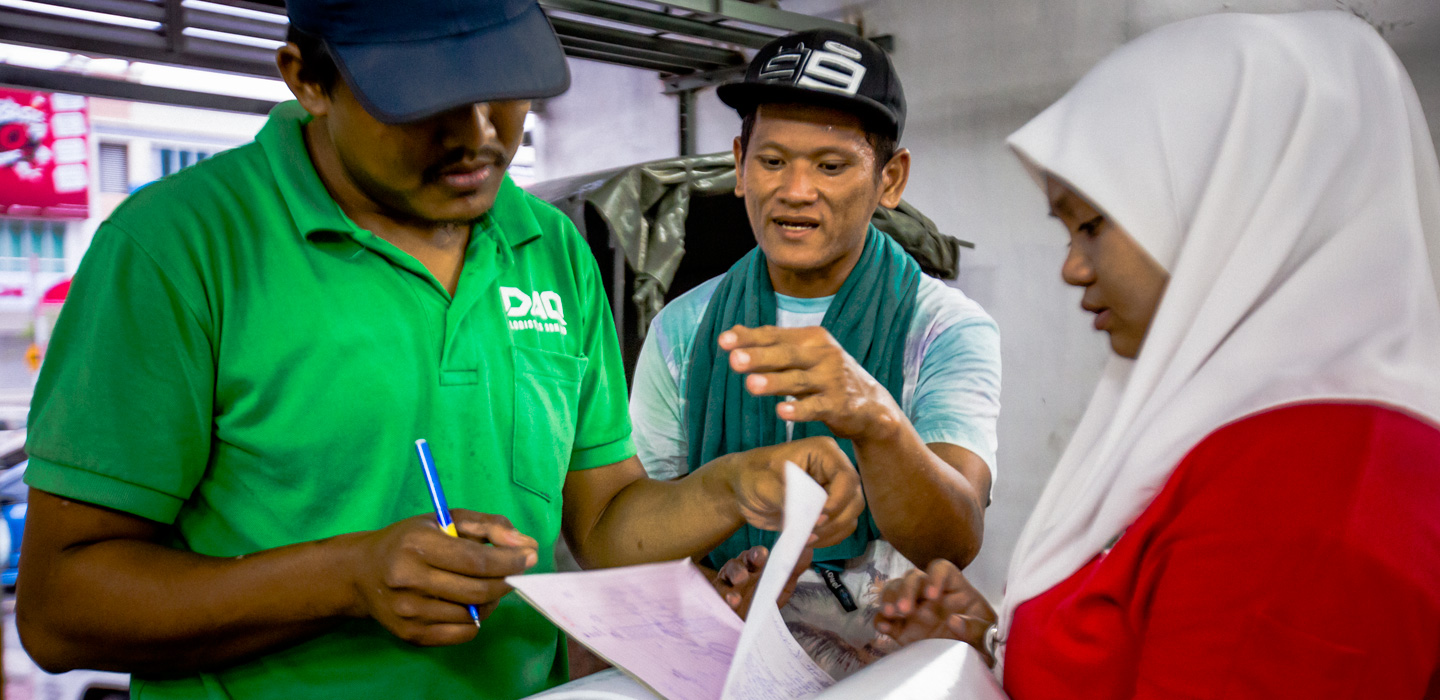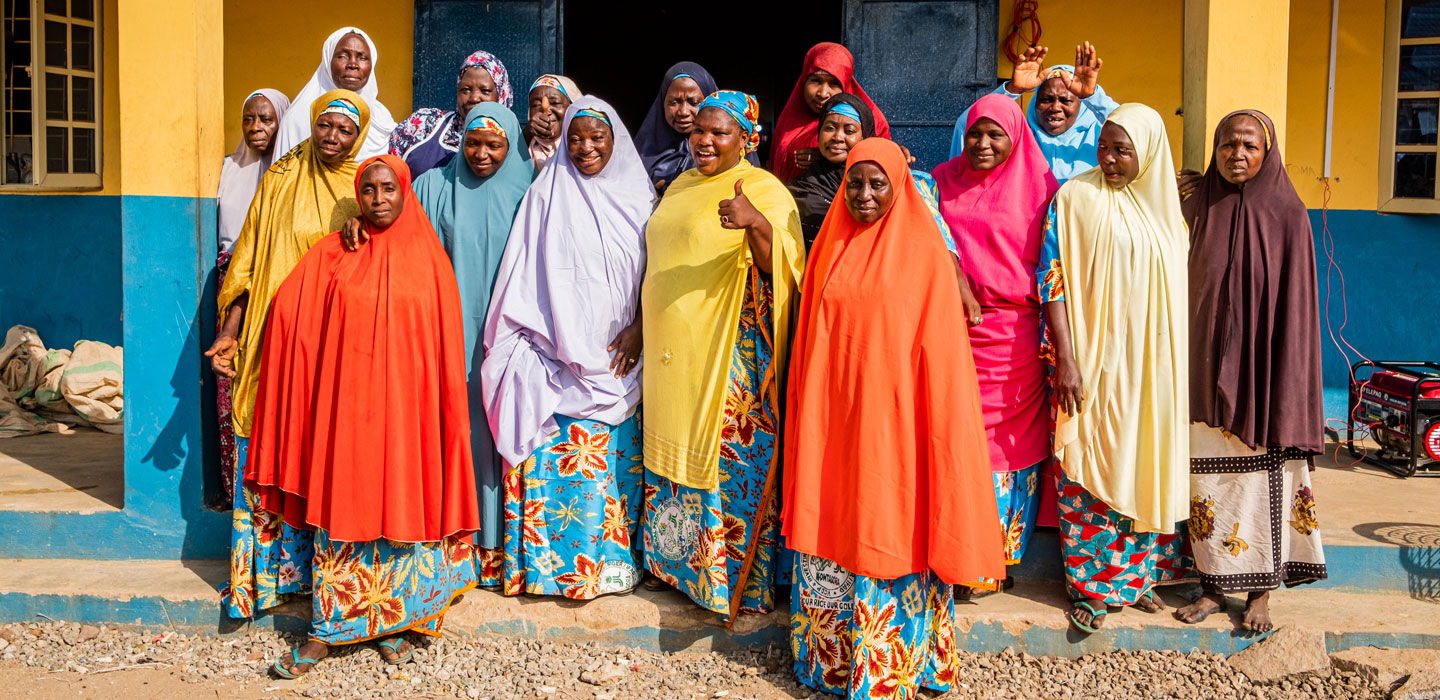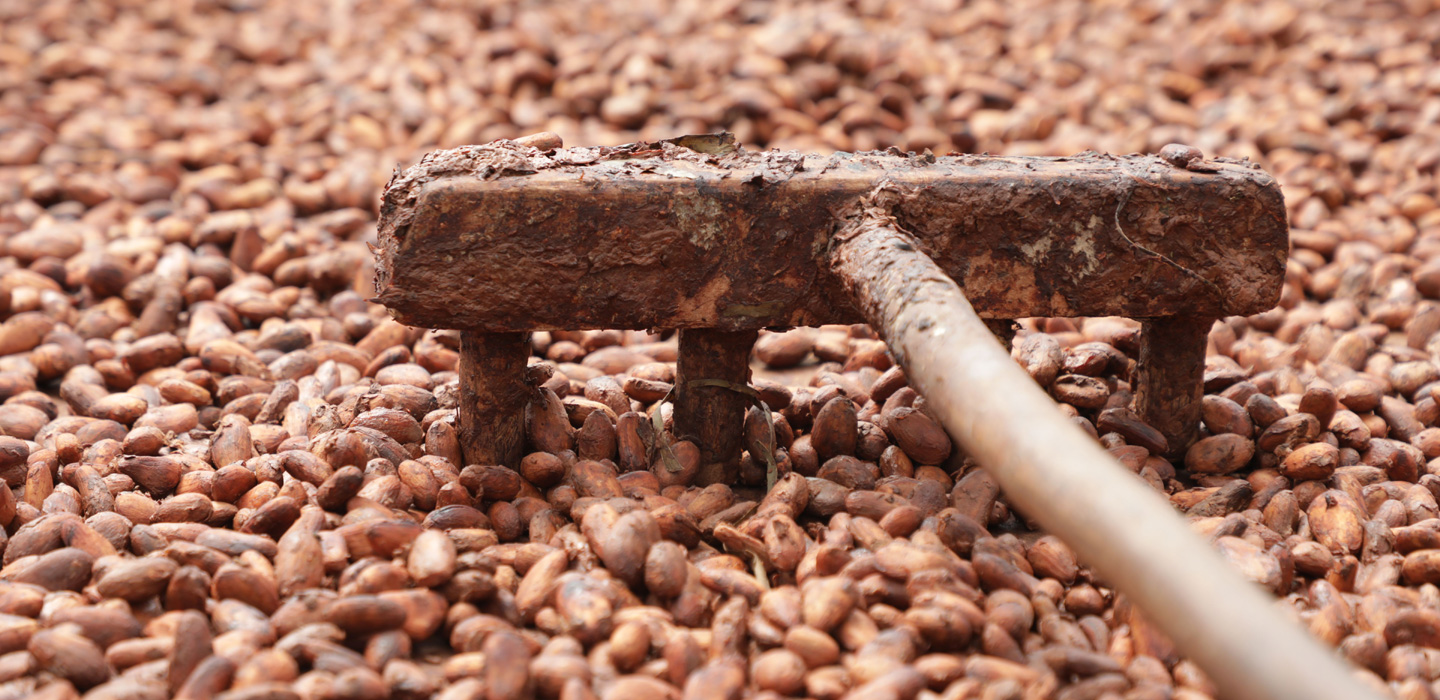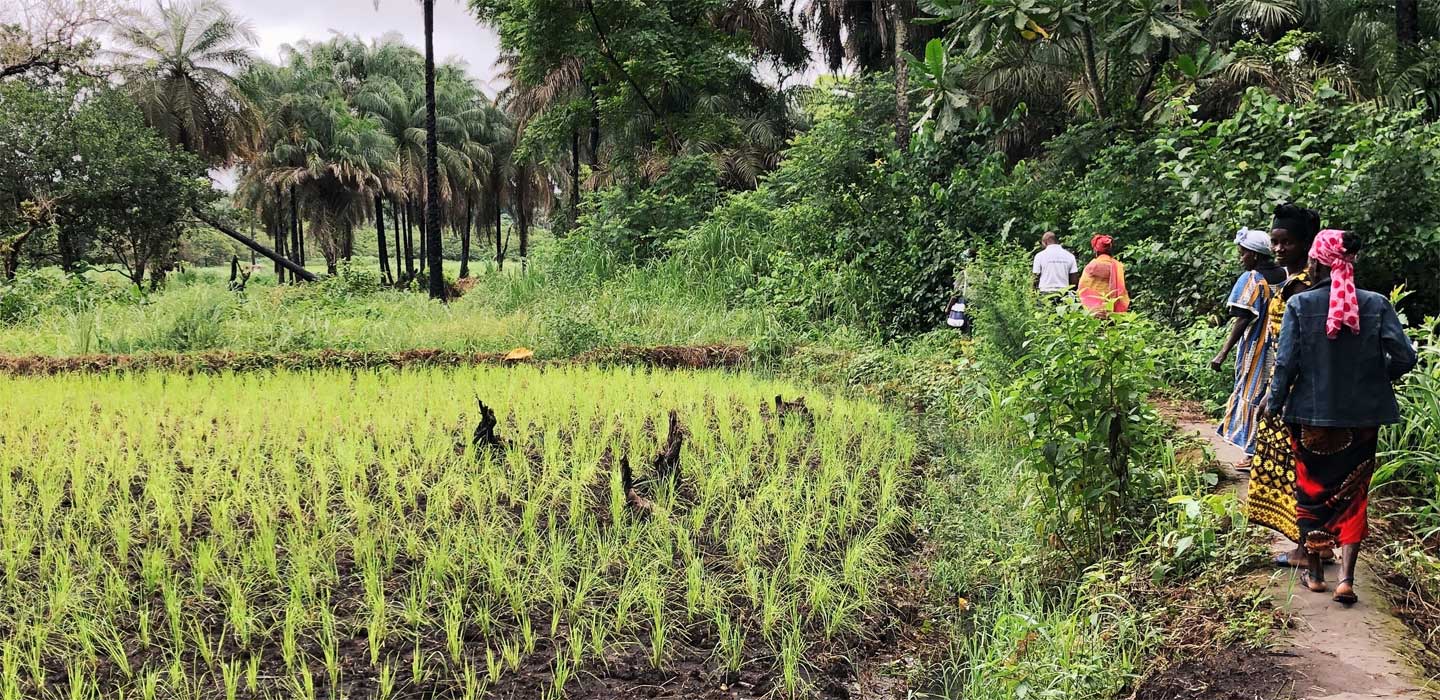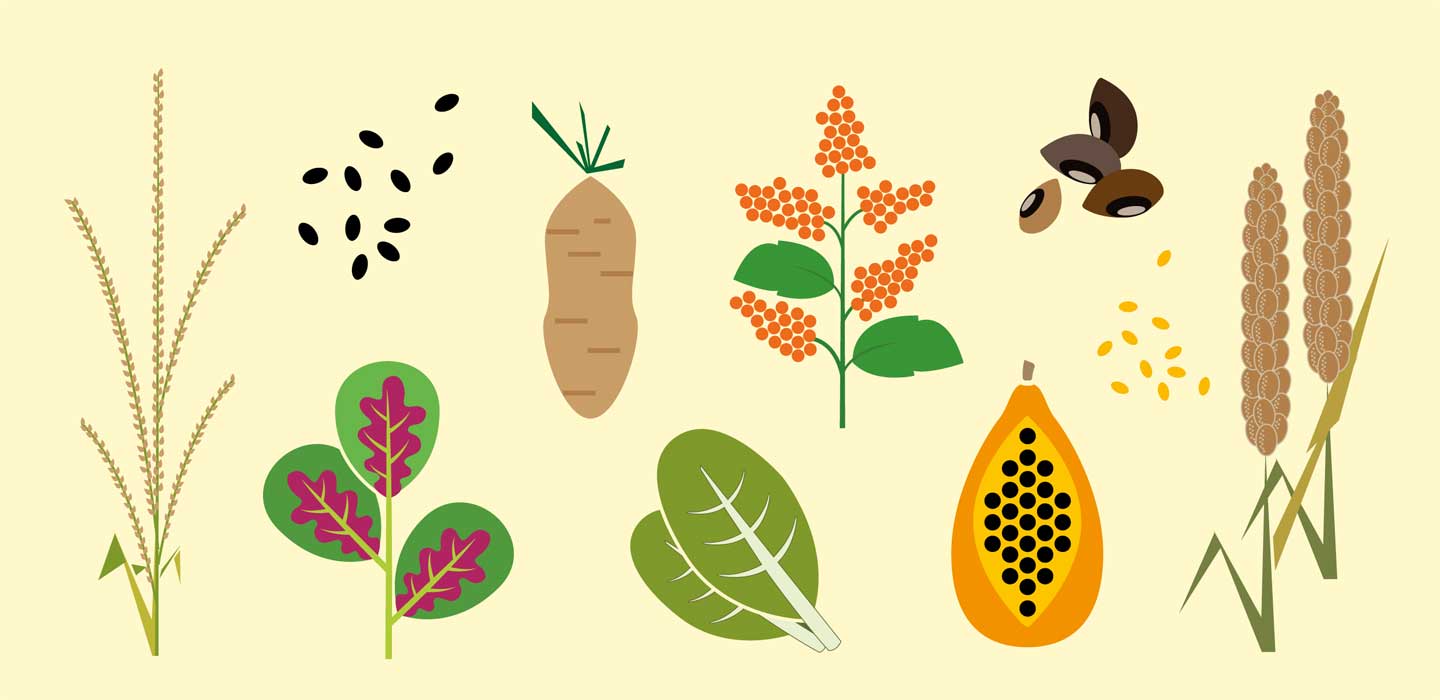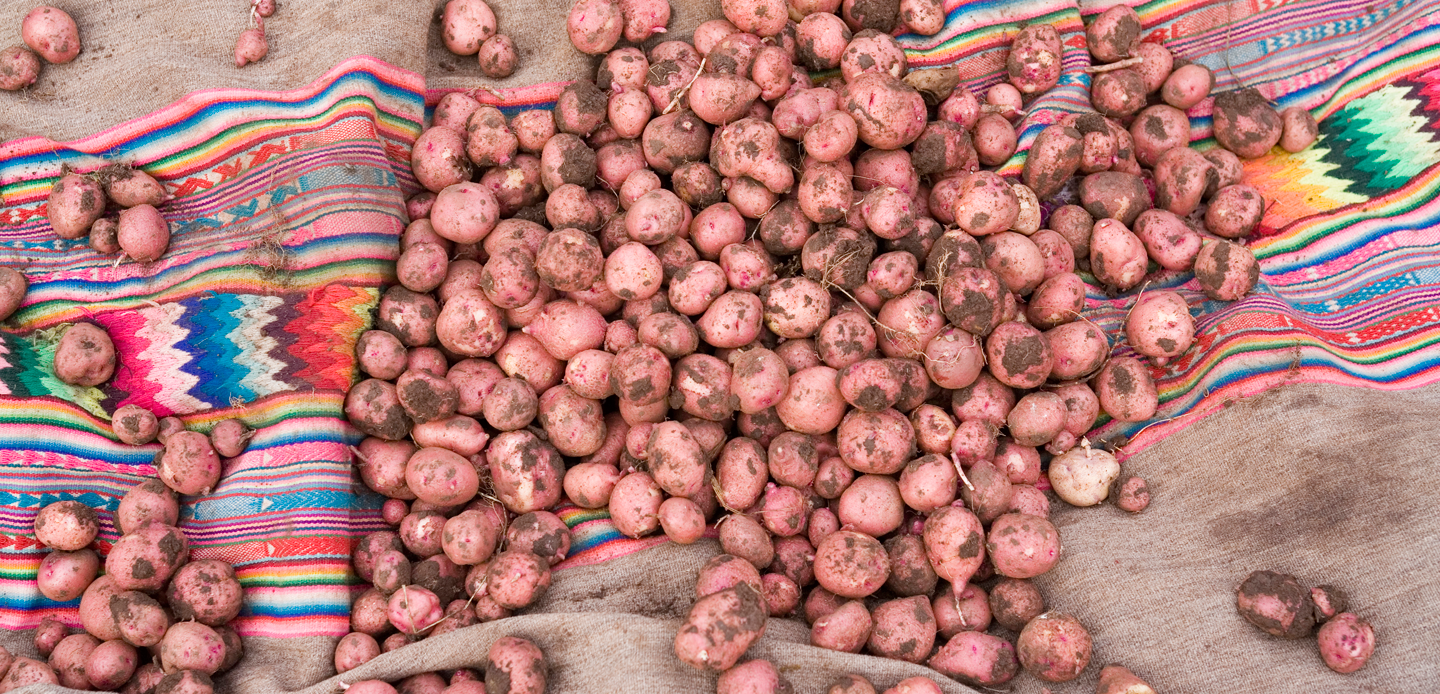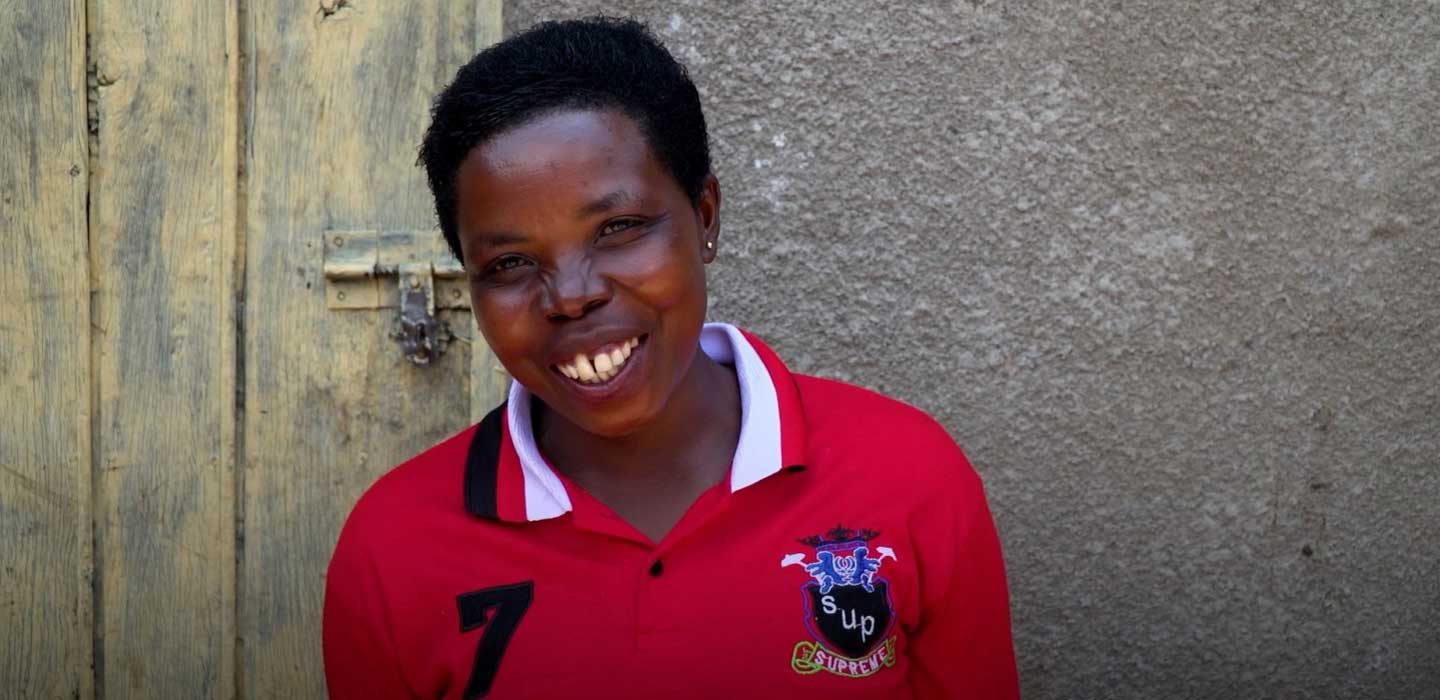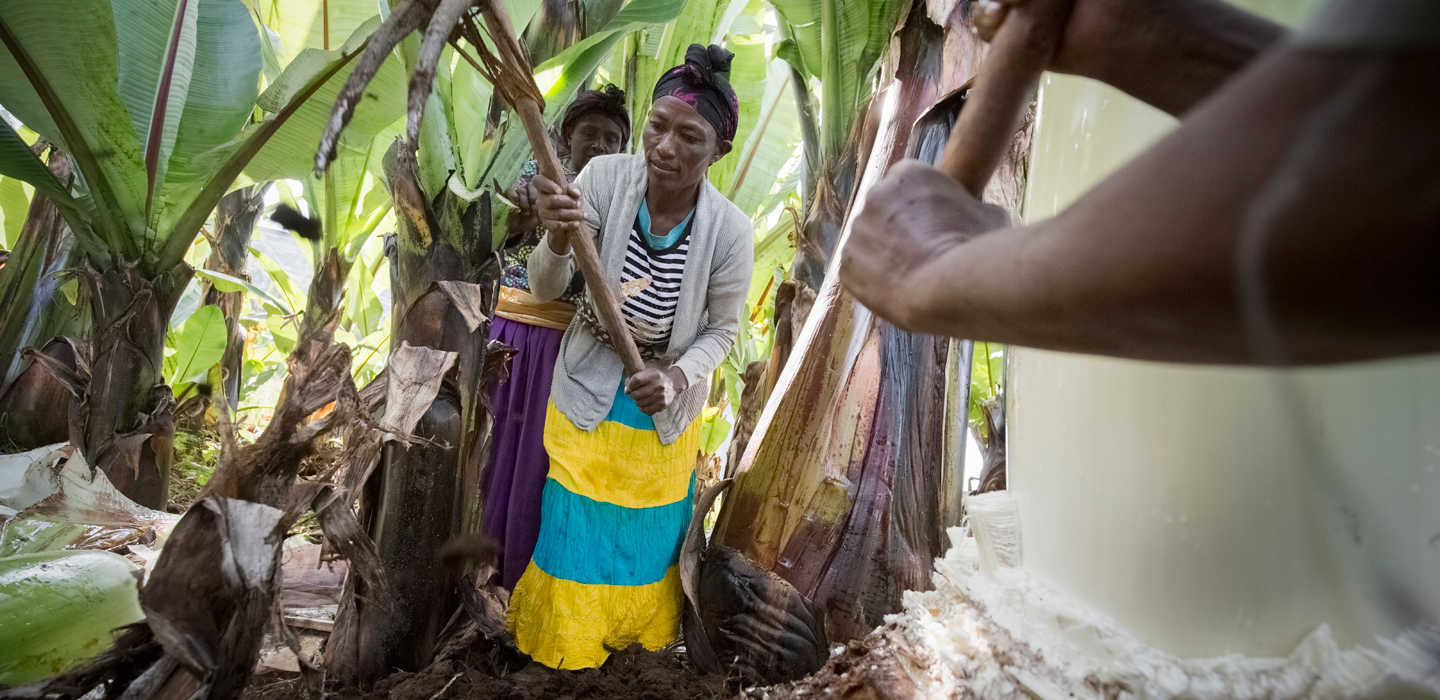Latest
Latest

Latest
Manual Submenu Topics
Search Results Filters
Search Results
Why water is crucial for sustainable food systems
Enhancing irrigation efficiency is not a priority in policy agendas, being overshadowed by the global issue of access to drinking water and sanitation.
Big dreams come true in Turkey’s smallest district
Meltem Gözel’s day begins at 07.00 each morning. Before the sun has risen, she’s already at work in her greenhouses, tending to her mushrooms.
Pioneering development in rural Uzbekistan
Starting over is never easy, whether you’re an individual person or an entire nation. Nevertheless, the economy of Uzbekistan has made incredible progress in recent years.
Unless we urgently rethink agriculture, more diseases will jump species
As the world grapples with the current pandemic, other threats, not least our climate emergency, have not gone away. The science is clear that without urgent global action, the climate and broader environmental crisis could be worse.
Fai fatongia: One island’s path to food security, COVID mitigation and climate resilience
In the Kingdom of Tonga, fai fatongia rules the day. Under this principle, which translates to “fulfilling one’s responsibility,” Tongans traditionally put the collective good first and their individual needs second.
Five reasons IFAD is putting small-scale farmers at the forefront of food systems transformation
Our current food systems are not sustainable. Hunger has been on the rise for several years, with an estimated 811 million people worldwide going hungry in 2020 – and with the effects of the COVID-19 pandemic, up to 132 million more people are expected to join this number soon.
How Bhutan is showing the way in building crop biodiversity
For countries like Bhutan – nestled in the high Himalayas, historically isolated and topographically challenging – ensuring food security is vital.
Climate change talks cannot continue to ignore the needs of small-scale farmers
Poor rural people are among the hardest hit by climate change while contributing little to its causes. They deserve a fair share of climate finance to improve their resilience, and a seat at the table for the global climate talks.
Three ways we’re using digital technologies to fight rural poverty in the NEN region
Digital technologies have become our constant companions over the last few decades. Devices like smartphones and laptops have become even more relevant after the COVID-19 outbreak, helping us stay in touch even in times of physical distance.
Resilience in rural Syria: An entrepreneurial spirit conquers hardships
Determination and perseverance are what make an entrepreneur successful. That’s doubly true in a country like Syria, where ongoing conflict has disrupted people’s lives for the past decade.
No place like home: Moldovan youth bring business to the countryside
Moldova’s agriculture sector is increasingly developing and modernizing. This is due both to an increased presence in lucrative markets like the European Union and to the efforts deployed by IFAD and the Government of Moldova to help restructure the sector, largely through sustained investments and financial support to small-scale farmers, to accompany this modernization.
Linking small-scale producers to markets in Lebanon
Apple season in Lebanon is much like apple season in many other parts of the world. But in Lebanon, apple growers – along with small-scale farmers of all kinds – face a number of constraints on their ability to efficiently grow and sell their crops.
Agricultural risk management: Towards long-term resilience
Risk and uncertainty intensify in the agriculture sector – especially throughout Africa.
Green jobs for youth: What works and what’s missing?
Rural young people are increasingly concerned about the environment. Many of them work in sectors that are threatened by climate change, and they’re well aware that their industry and food systems will need to become more resilient and sustainable than ever before.
The 14th Five-Year Plan: An opportunity to advance China’s agricultural and rural transformation
A unique opportunity for China to advance its agricultural and rural transformation agenda.
Three reasons to invest in land tenure security
For rural people, especially low-income rural people, land and livelihood are one and the same.
“Cashroots” movement builds community resilience in the Solomon Islands
Simon Chottu works hard and plays hard. An events manager by trade, he’s spent the last few years hosting hip-hop parties and organizing music events and competitions across the South Pacific.
Nourishing a sustainable cocoa trade in the Solomon Islands
On a dusty side street in Auki, a seaside market town on the island of Malaita, Arania Enterprises is bustling.
IFAD-supported projects help women come back to the countryside
Life in the countryside isn’t always easy – especially for rural women, whose contributions and successes have only recently begun to receive the attention they deserve.
Taking back springtime: IFAD-supported project revitalizes irrigation in remote China
The return of spring to Santiaogou, a tiny village nestled high in China’s remote, mountainous Qinghai province, should have been idyllic.
Fighting food waste in China: Local efforts, global effects
Reflecting on the fundamental role that sustainable food production and consumption plays in promoting food security and sustainable use of terrestrial ecosystems.
Rome-based agencies establish SSTC collaboration to benefit cassava production in the Congo
In dozens of homes across Bouenza, the volunteers gathered around their kitchen tables, ready to taste-test a new variety of flour.
A second chance for Sri Lankan tea
I grew up knowing that Sri Lankan tea was truly something special. People all across my native Egypt competed with each other to bring home those packages with the trademark “Ceylon Tea” stamped on the side.
Maximizing impact in the LAC region with SSTC and knowledge management
Although the residents of the global South may live worlds apart from each other, they often face a surprisingly similar set of challenges.
Seeds to riches: The story of a 29-year-old millionaire
Sumaka Japhet is a young rice seed cultivator and agricultural entrepreneur. We had heard of his success and local fame as a millionaire – and during one of our field visits, we travelled a long and bumpy road to meet him.
Years later, IFAD-established seed producer groups to continue improving their communities’ climate resilience
Lack of access to seed is a common problem for small-scale farmers in Nepal and elsewhere.
Indigenous youth in agriculture during COVID-19
The COVID-19 pandemic has forced many people to re-examine everything: their priorities, their jobs, even their roles in society.
From project participant to project staff: Priscilla Torres’s story of growth
Although you won’t find the little village of Wowetta on any Internet map, it’s the centre of the universe for Priscilla Torres, a 37-year-old Wapishana woman. A very active and outspoken mother of three, Priscilla is a true community leader.
Social media helps young rural Kenyan entrepreneurs battle the COVID-19 shutdown
Until COVID-19 hit in March, the G-Star Youth Group’s banana processing factory was buzzing with activity.
Looking inward: I-Kiribati fight a double health crisis
COVID-19 is not the only health crisis threatening to devastate the population of Kiribati. Cases of diet-related non-communicable diseases (NCDs) have tripled between 2005 and 2010.
The difference four years makes: A small Ecuadorean town goes from subsistence to prosperity with IFAD’s support
Four years ago, the residents of Chiquicha were just gathering the first fruits of an irrigation project.
From Meghalaya to Jharkhand, how India is ensuring agri supply chains are not disrupted
In a world living with Covid-19, it is clear that supply chains and logistics should be simple and easy to manage. And that’s what several Indian states are doing.
Keeping exports flowing: Saving development gains in Rwanda
When exports of dried pineapple resumed at the beginning of May, after the lockdown, Jean Damascène Hakuzimana, President of the Tuzamurane farmers’ cooperative, was relieved.
Ensuring environmental sustainability and building resilience to climate change
Extreme weather events, such as droughts, storms and floods, are putting pressure on the ecosystems that farmers depend on, as are gradual processes such as rising sea levels and melting glaciers.
The impact of COVID-19 on smallholders in China
One emerging lesson from the pandemic is that those who are already vulnerable are likely to be the most severely impacted.
El FIDA centrará su actividad en México en promover la inclusión económica activa de la población rural más pobre y vulnerable
El Fondo Internacional de Desarrollo Agrícola (FIDA), el organismo especializado de las Naciones Unidas para el desarrollo rural, ha validado su estrategia de actuación hasta 2025 en México. En ella se fija como principal objetivo promover la inclusión económica activa de la población rural para luchar contra la pobreza.
Marie-Aude Even talks about agronomy
Marie-Aude Even, senior regional technical specialist in agronomy at IFAD, talks about crops development.
Mitigating the impact of COVID-19 on small-scale agriculture in The Gambia
The COVID-19 pandemic has shown us just how vulnerable agricultural value chains are to external shocks – and how much more we need to do to build the sector’s resilience.
Long-term development supports quick action in a crisis: an update from Asia and the Pacific
It has been really inspiring to receive updates from the field over the past two months illustrating how IFAD-supported projects are continuing to deliver.
The potential impact of COVID-19 on China’s food security: Prospects for food imports
Last week, the China Grain Reserve Group announced its intention to purchase 22 million tonnes of imported grain during 2020. Should China worry about food security?
Planting seeds in the new normal: Rural women in Pakistan amid COVID-19
In rural Pakistan, women are important partners in agricultural development. They perform a variety of crucial tasks, including weeding and tilling land, planting seeds, collecting farmyard manure and harvesting. They are also responsible for cleaning, drying and storing grains.
On the International Day for Biological Diversity, commitment to sustainable agriculture is more important than ever
This year’s theme for the International Day for Biological Diversity is “Our Solutions are in Nature.”
Five ways organizations can help countries build agile and inclusive responses to COVID-19
How can we enhance local capacity to respond to this emergency in an agile and inclusive manner?
Empowering and protecting rural women in the time of coronavirus
The April morning sun beats down on Kontagora, a lively market town in central Nigeria. Generators hum as milling machines husk the brown bran from rice grains, revealing glistening white kernels. COVID-19 is on everybody’s mind. But the thriving Tudun Wada South Rice Processors women’s cooperative is open for business.
Cacao: How just one crop has boosted an entire country’s exports
Once considered the world’s largest cacao exporter, Sao Tome and Principe had significantly scaled back its operations after gaining independence in 1975. But with IFAD's assistance, cacao – the key ingredient in chocolate, and a major cash crop – is making a comeback.
Cultivating resilient communities in rural Guinea-Bissau
Over a decade ago, in the region of Tombali, Arama Tudarame’s husband and local chief sought land around their village suitable for growing cashew trees. Then, as now, monoculture of the kidney-shaped nut dominated the country’s agricultural sector
Making local crops work for nutrition-sensitive agriculture
A new framework will guide practitioners to use a broad portfolio of crop species to bring nutrition back to the table.
I’m a potato grower! Strengthening innovation to empower potato growers in the Andes
The world is faced with a rising demand for food due to population growth, changes in dietary habits and the availability of agricultural resources. As a result farmers need to be more efficient and productive.
The Real Groundbreakers: Claudine from Rwanda
Through the power of a women’s farming co-operative in Rwanda, Claudine is using new techniques and seeds for better cassava harvests.
Improving livelihoods of women in south west Ethiopia
Gendo Gembela Tsire is a women’s group in Chencha district, Ethiopia who are demonstrating the process of making kocho (to make traditional flatbread) and bula (a flour blend prepared as a porridge) from the enset crop.
